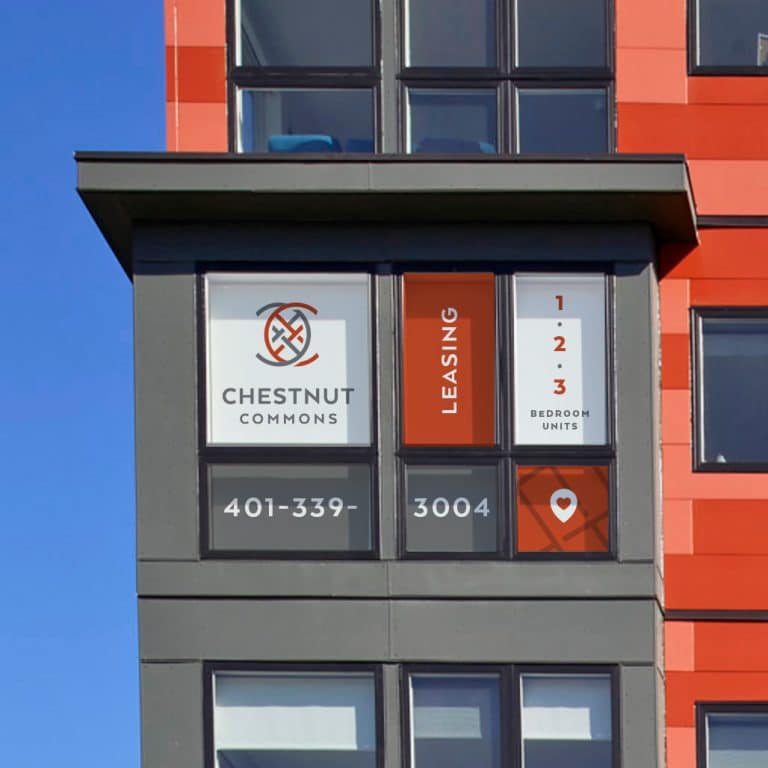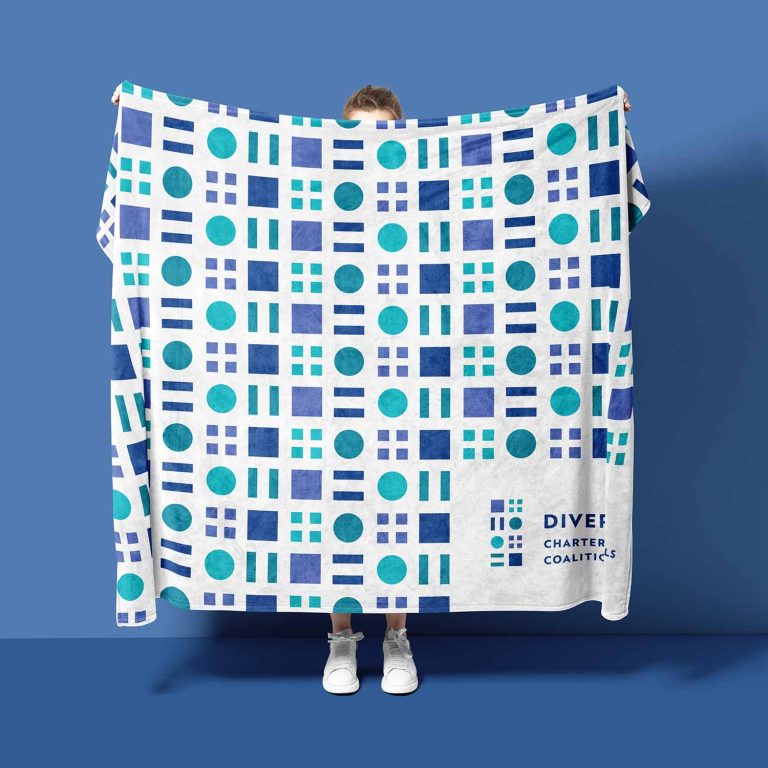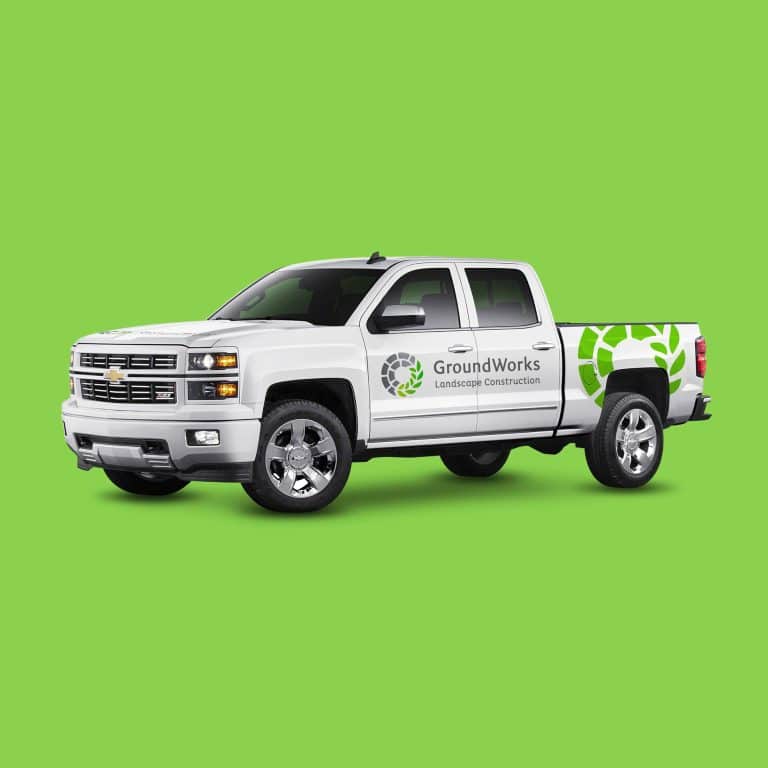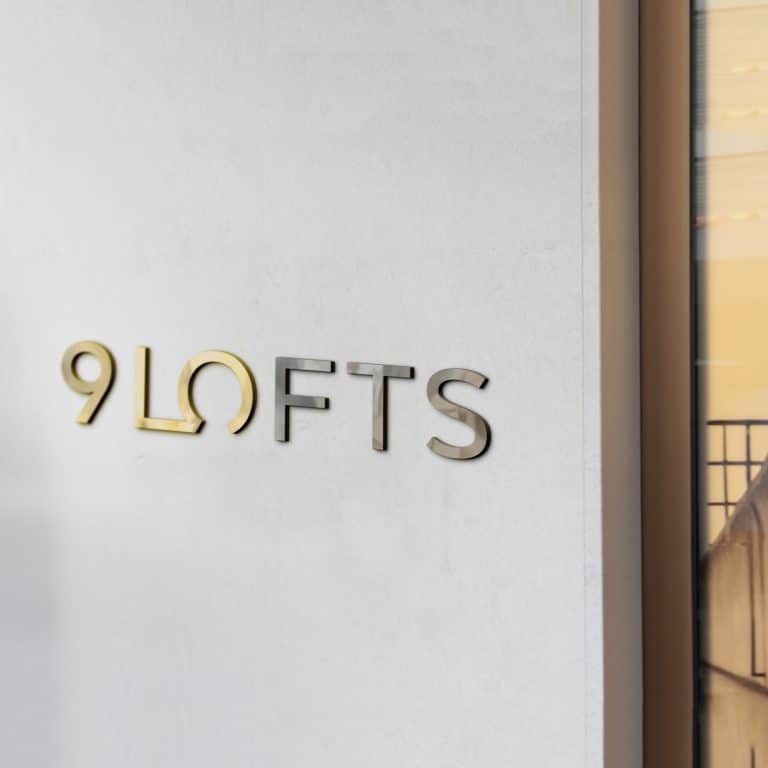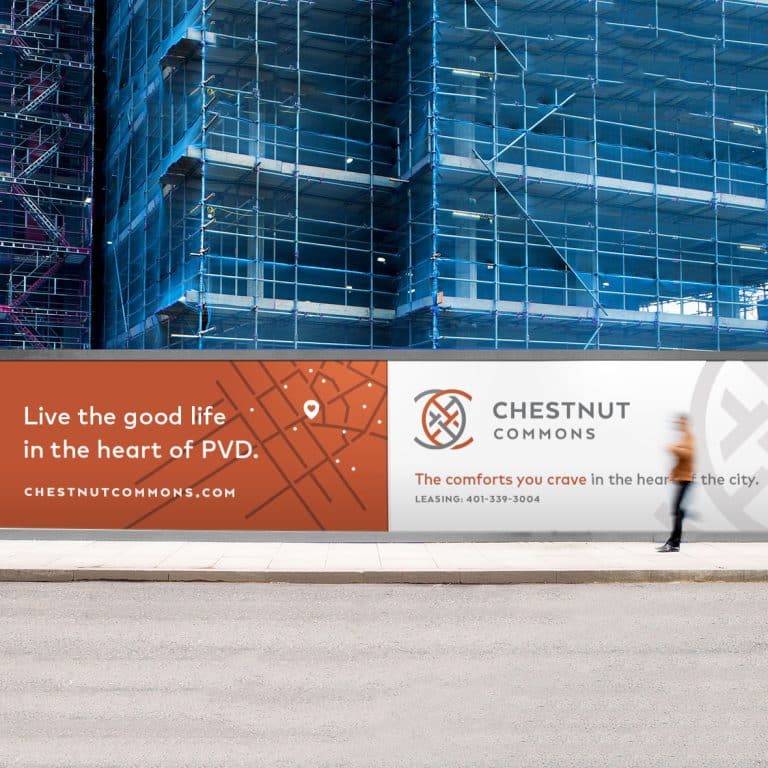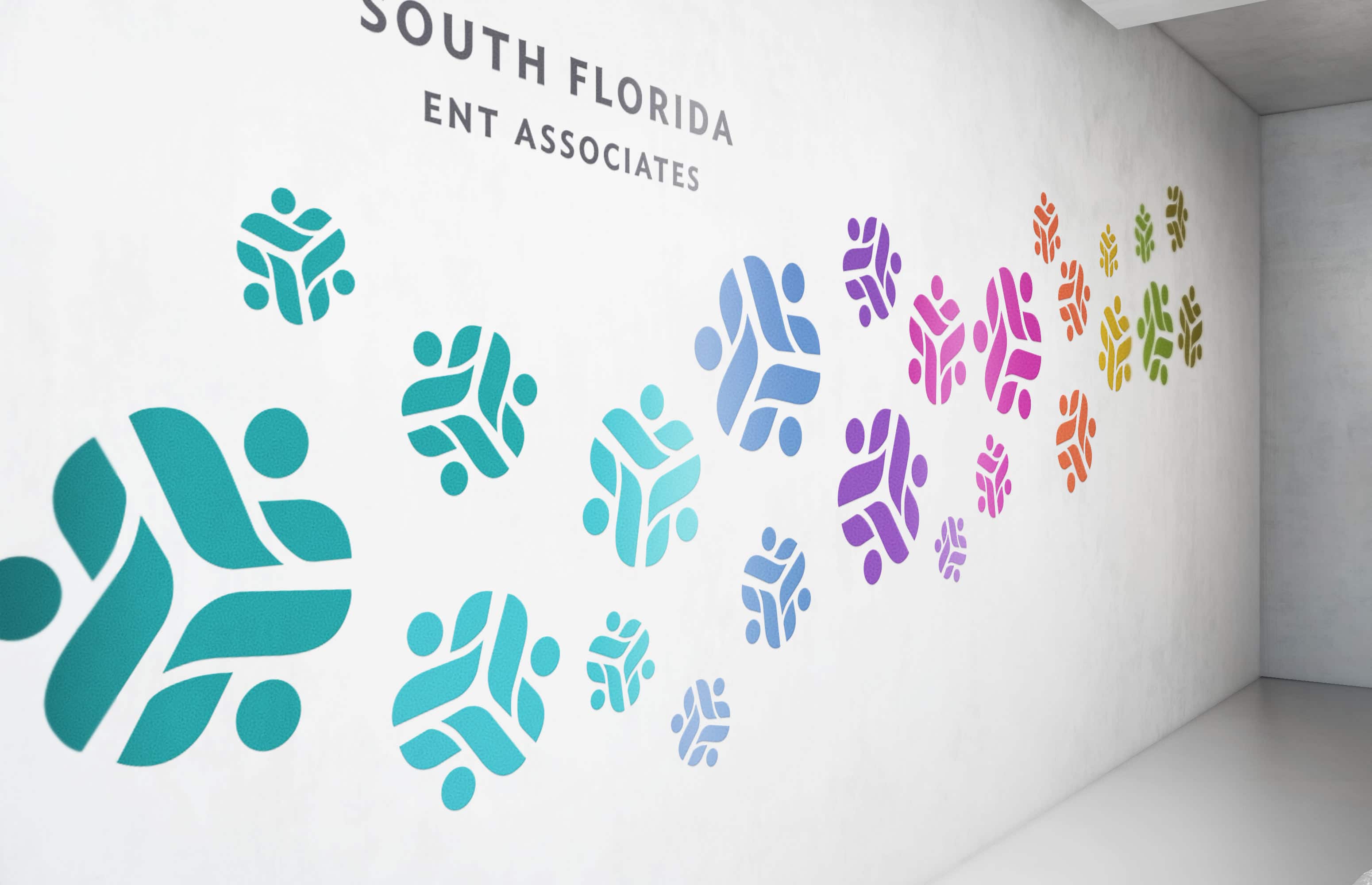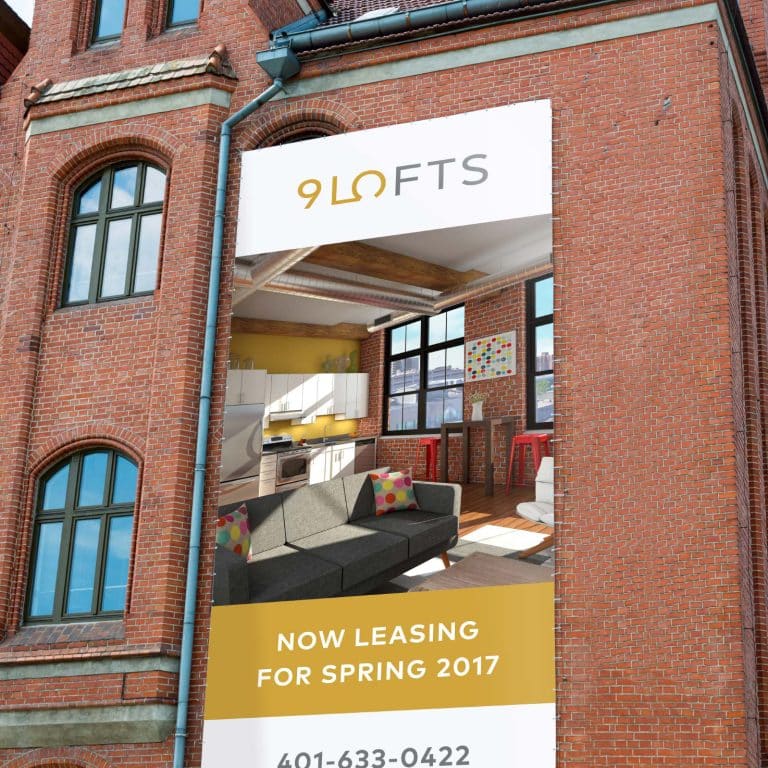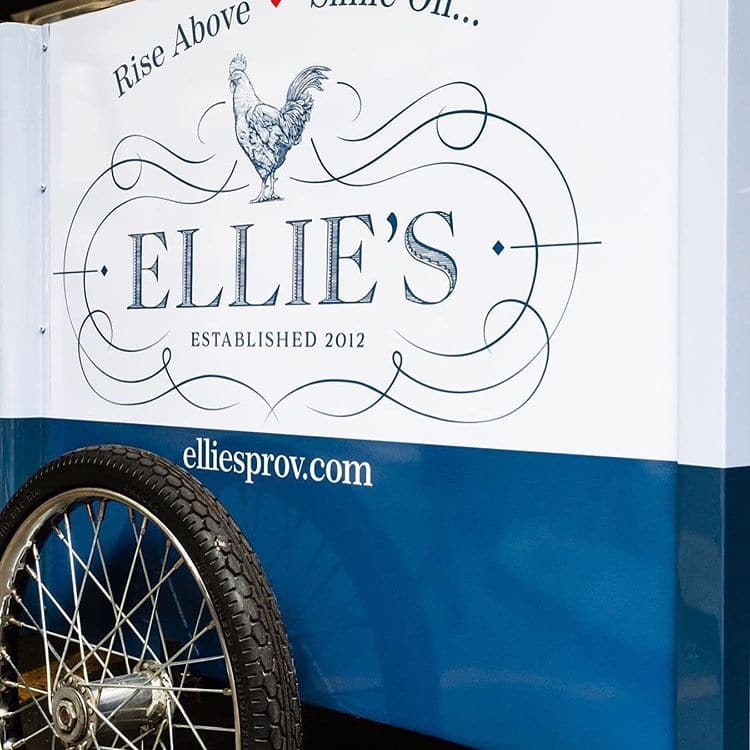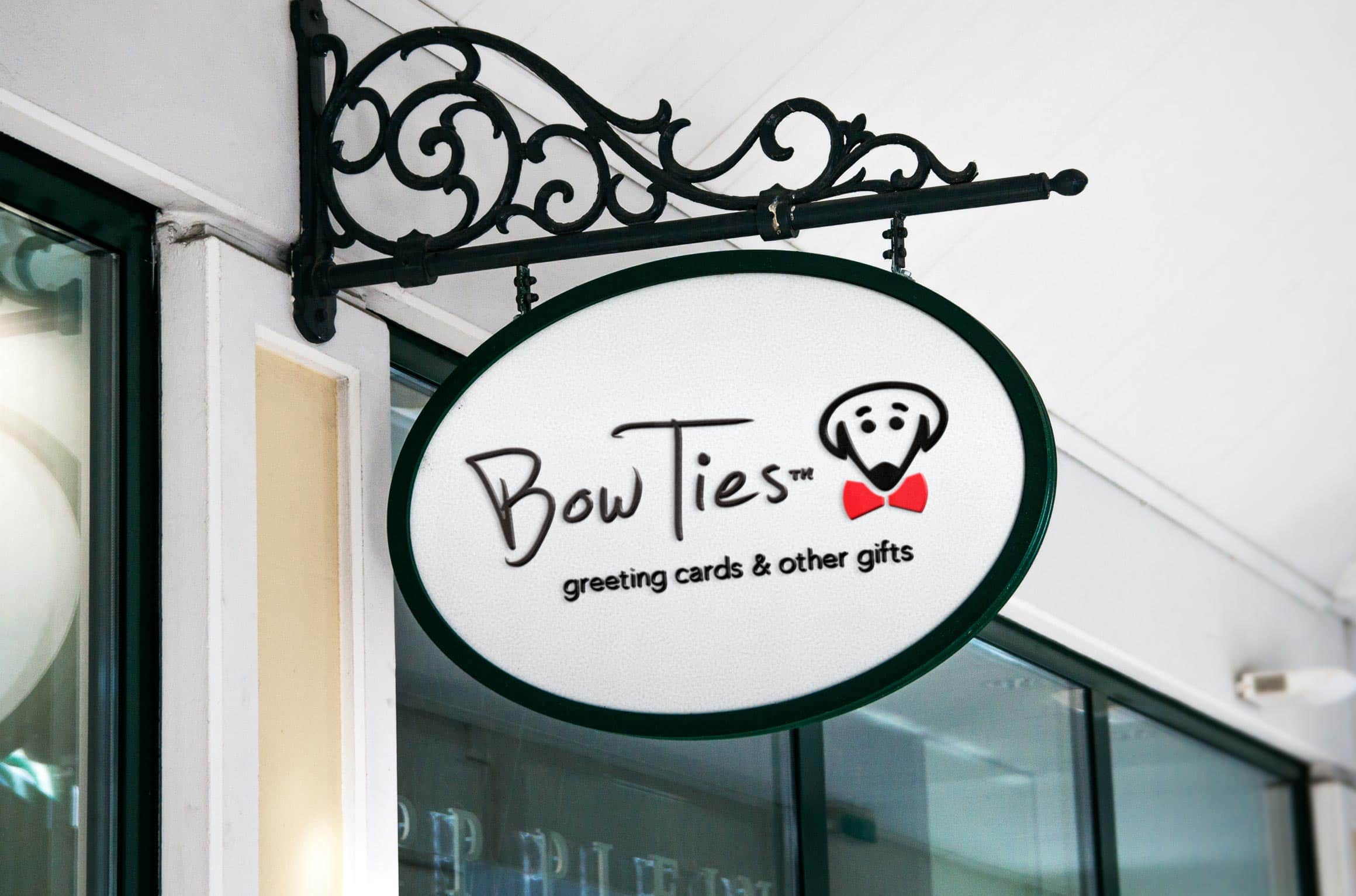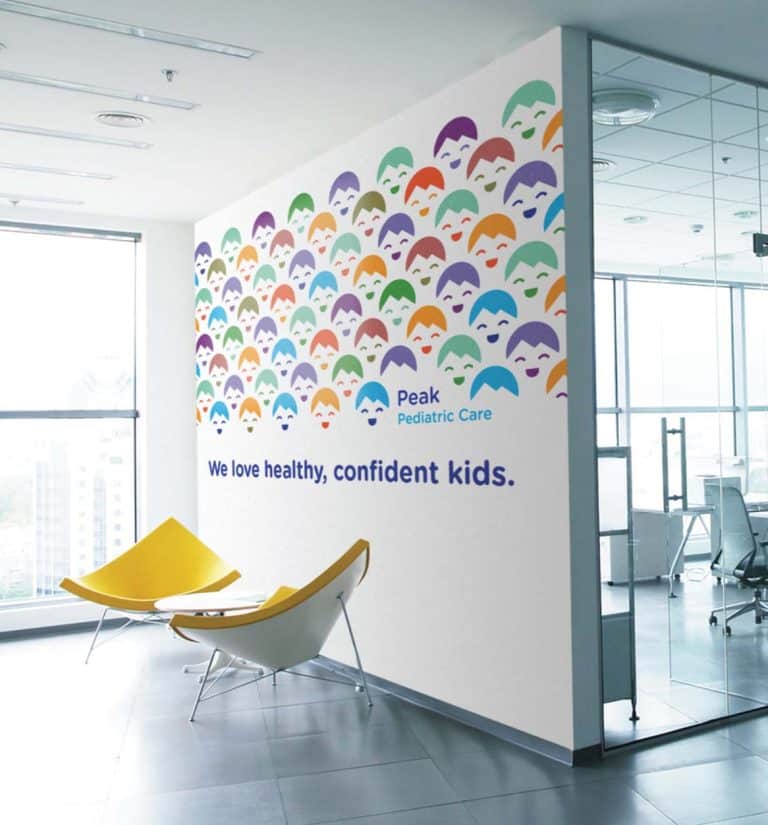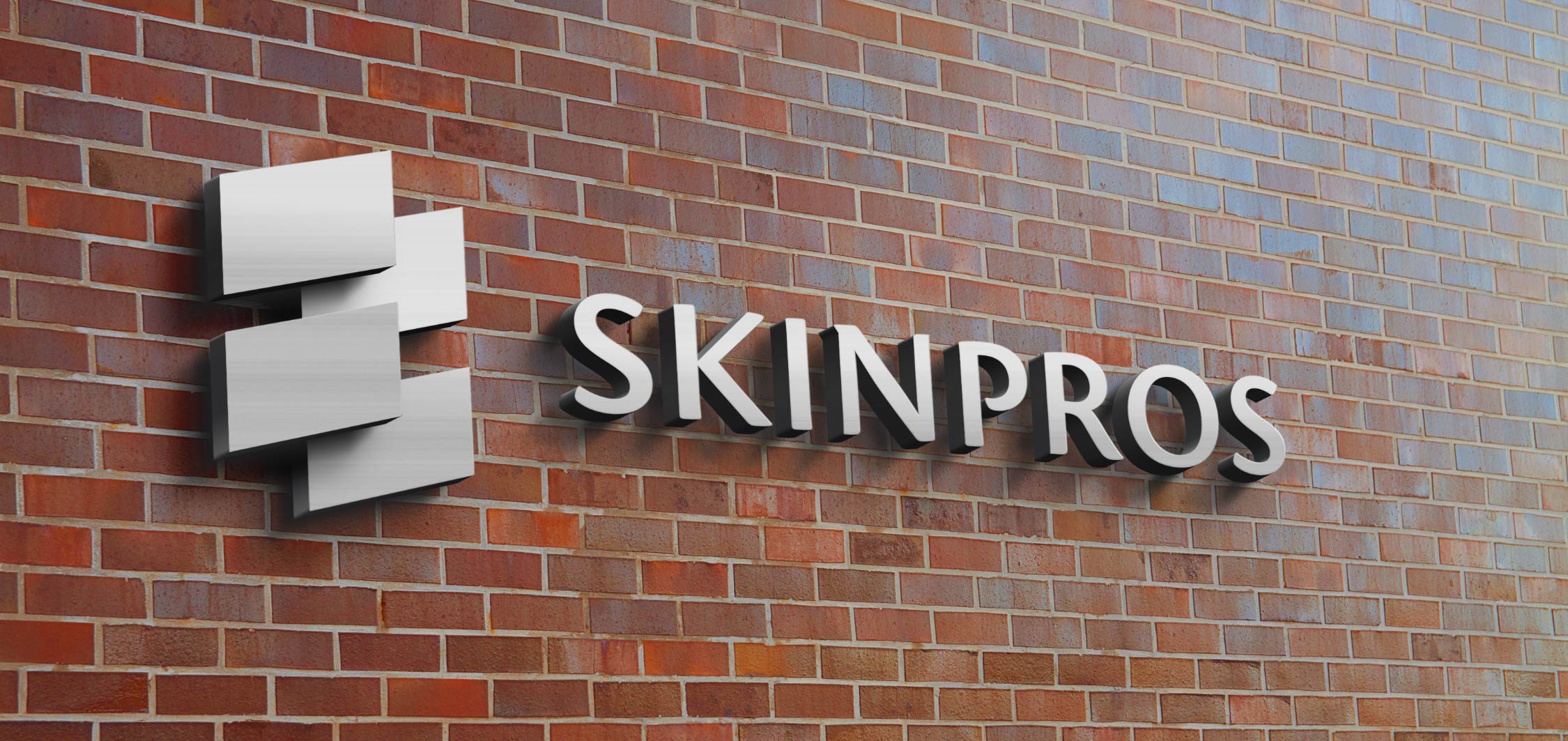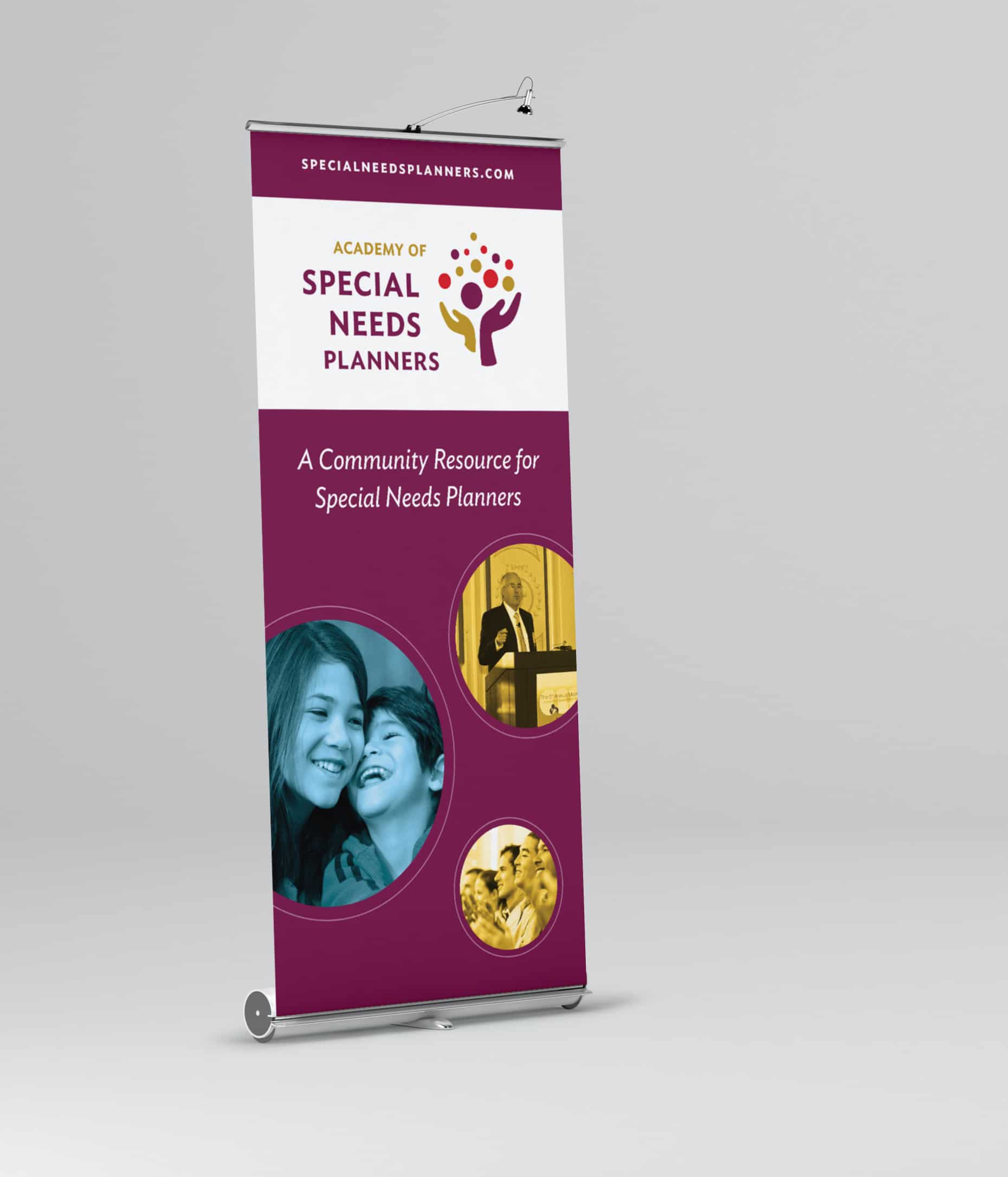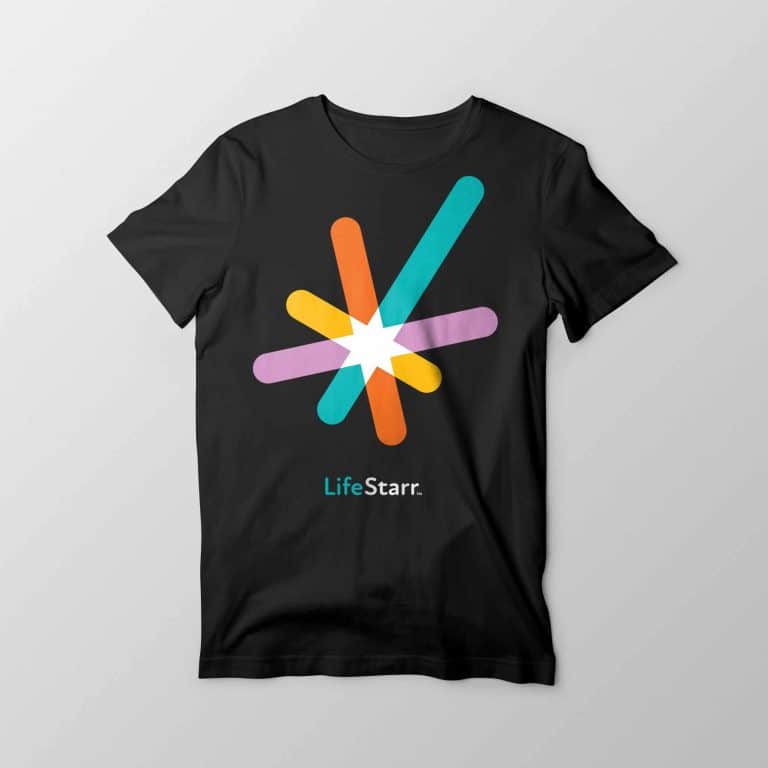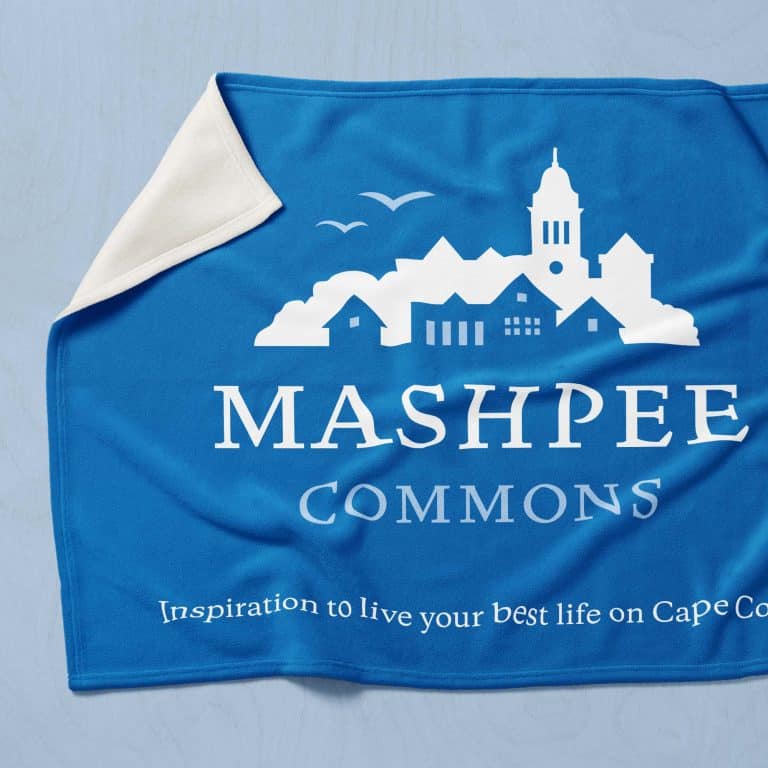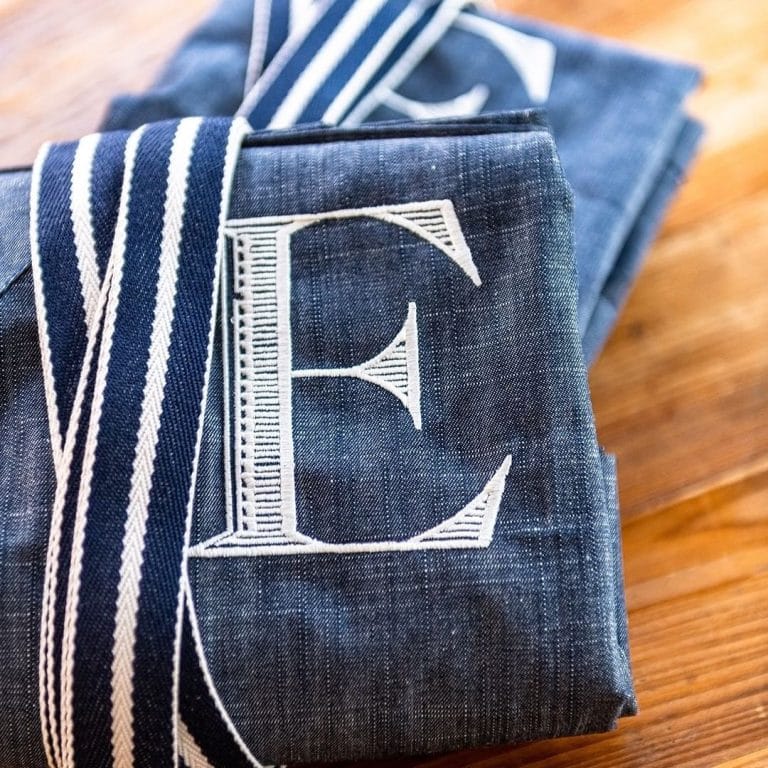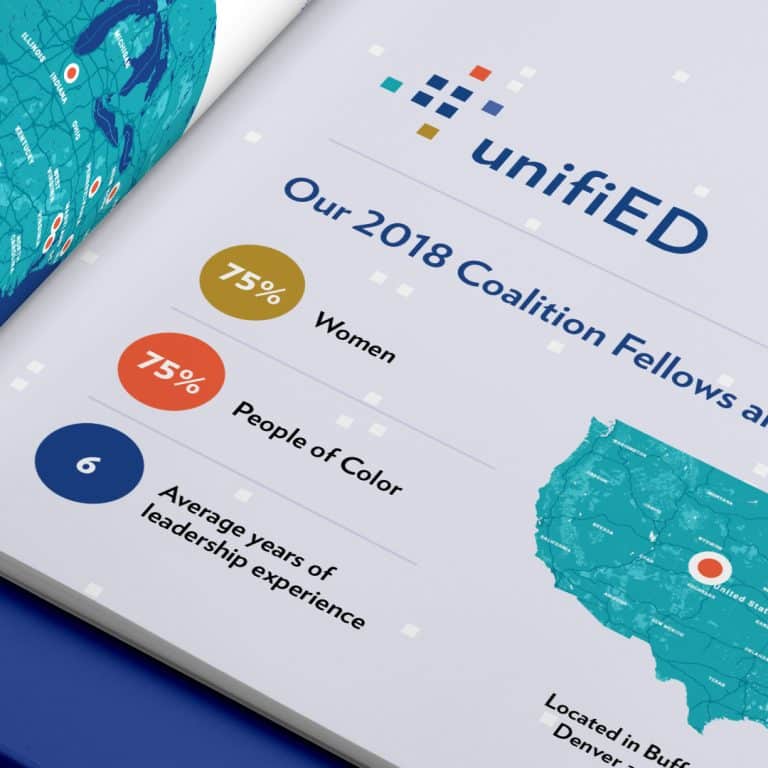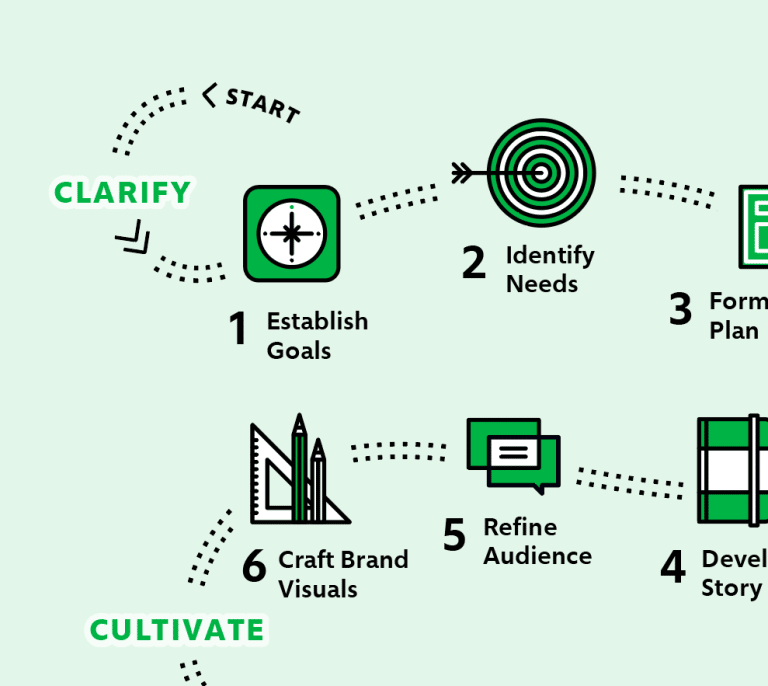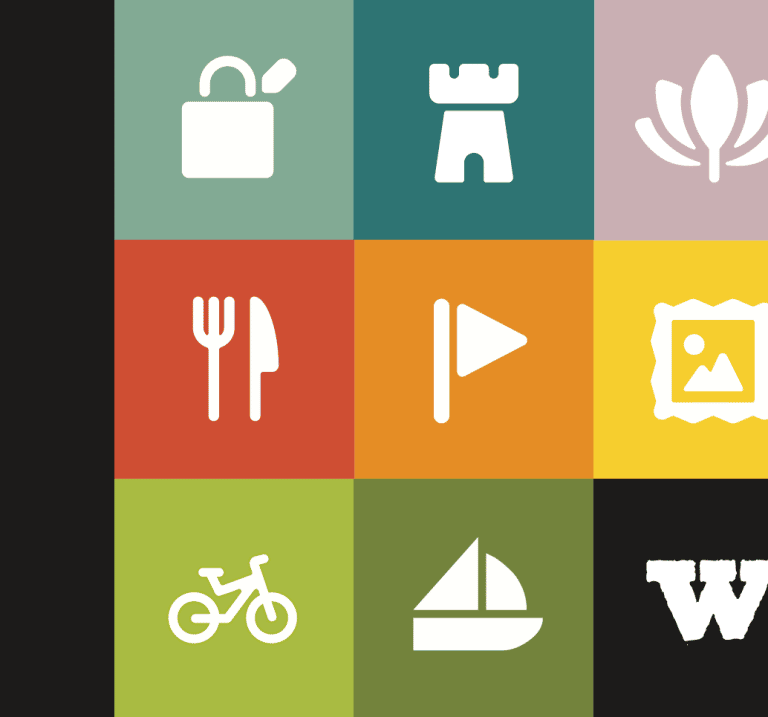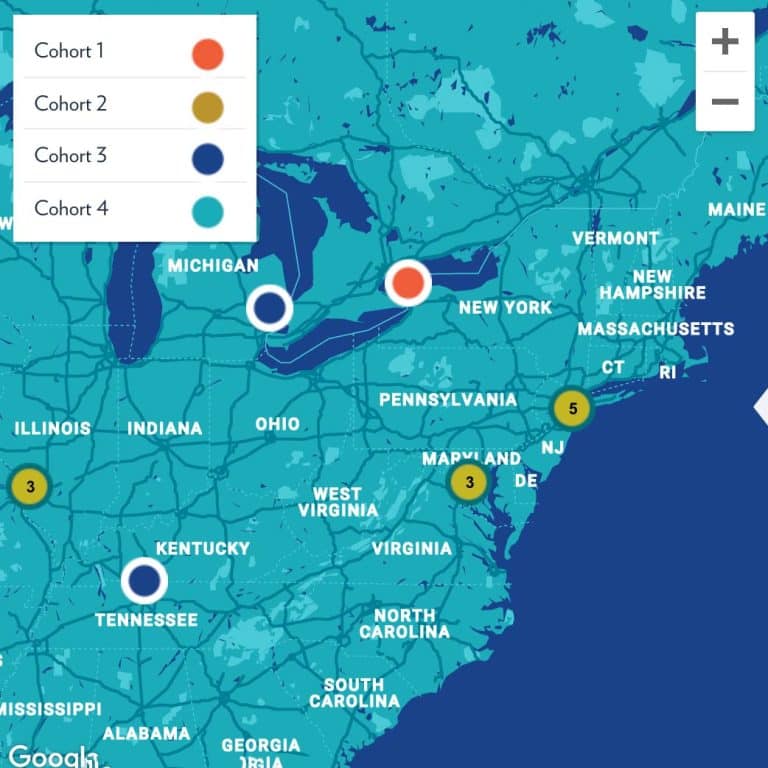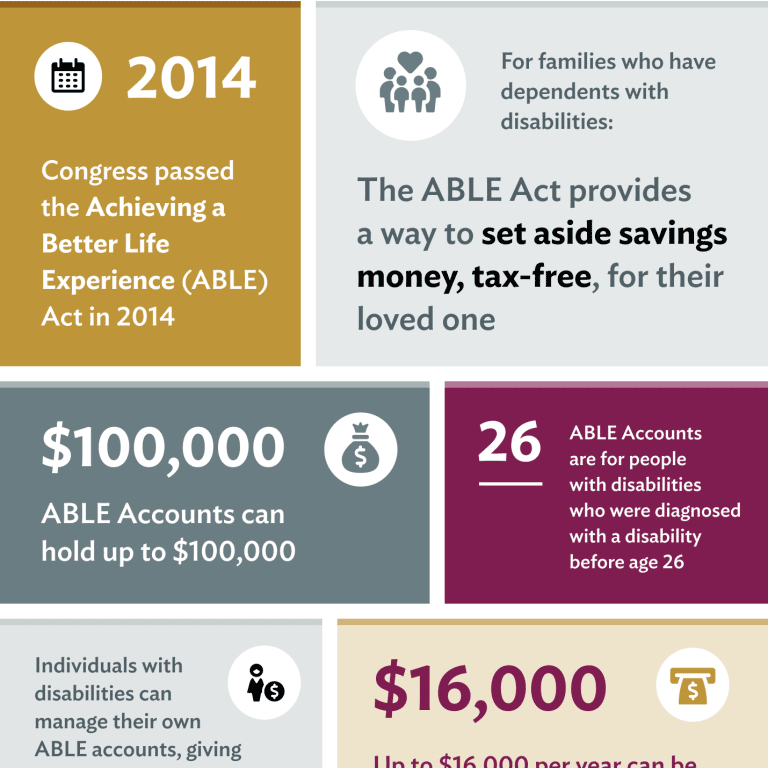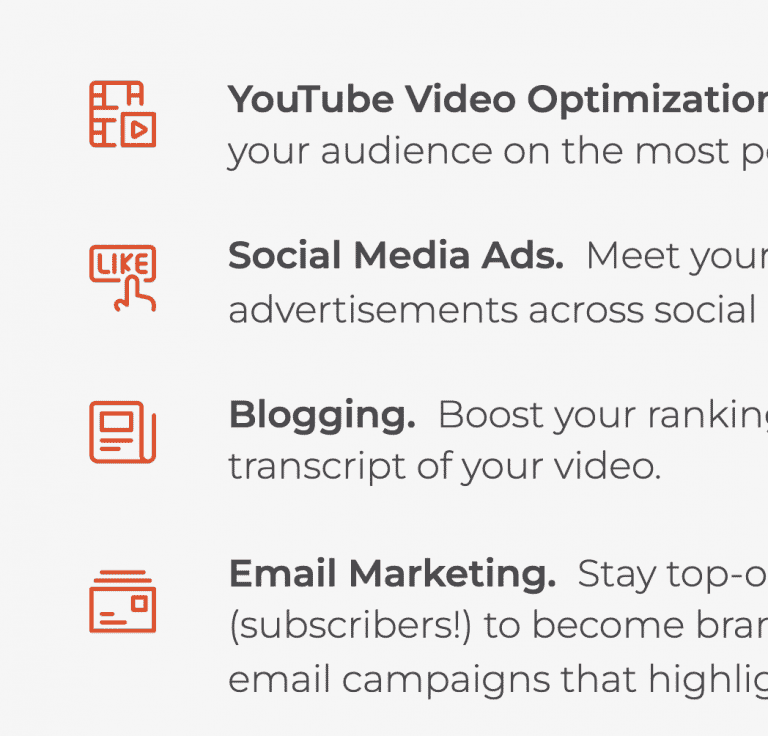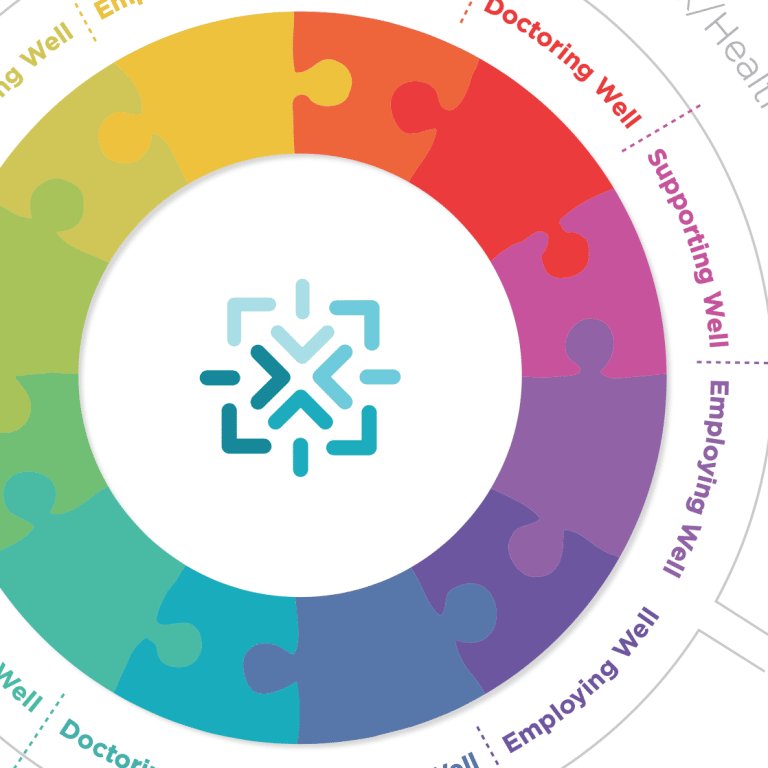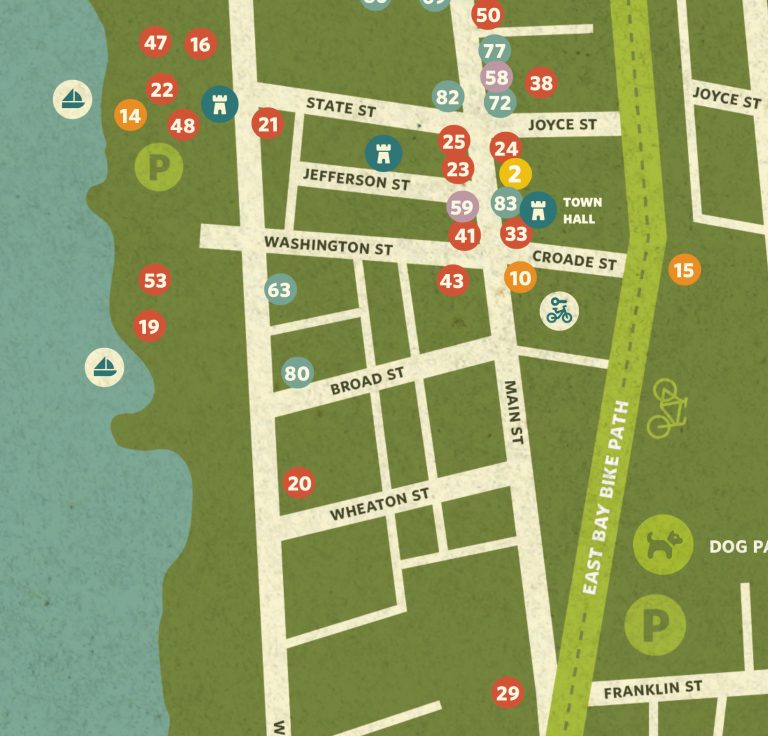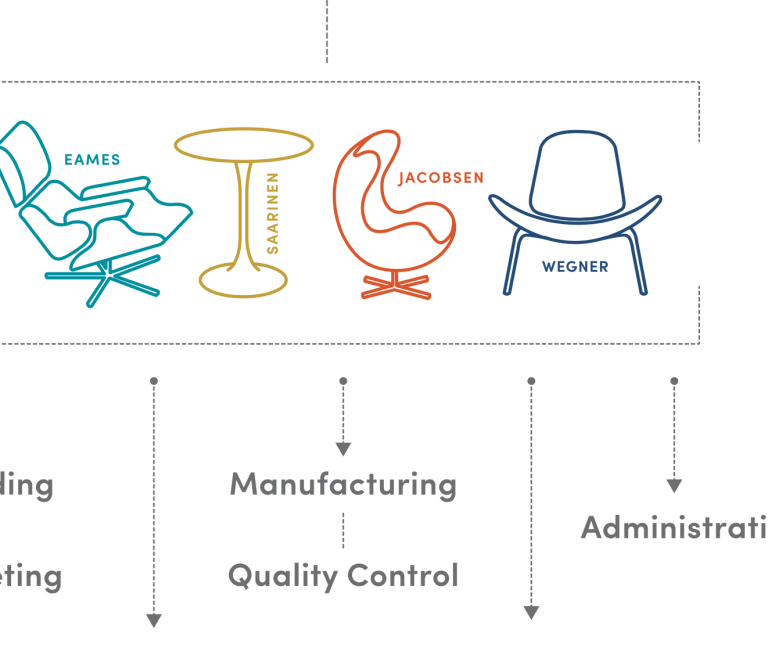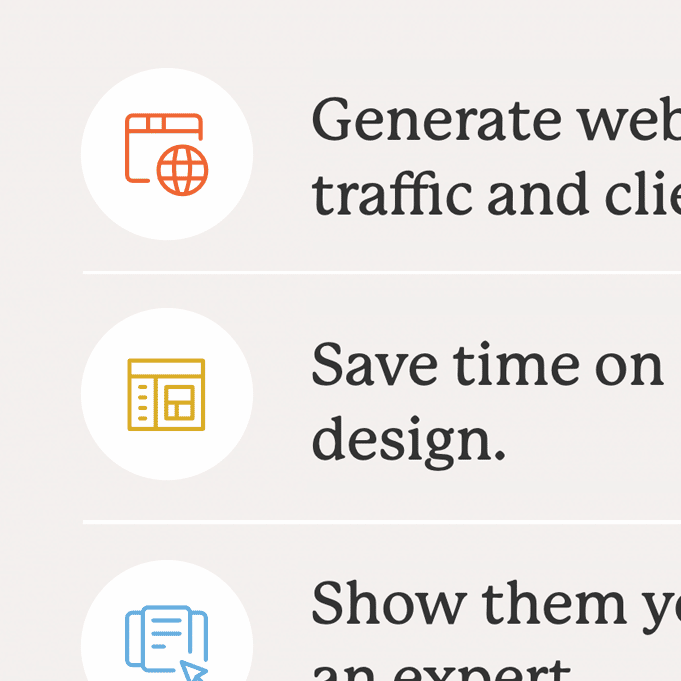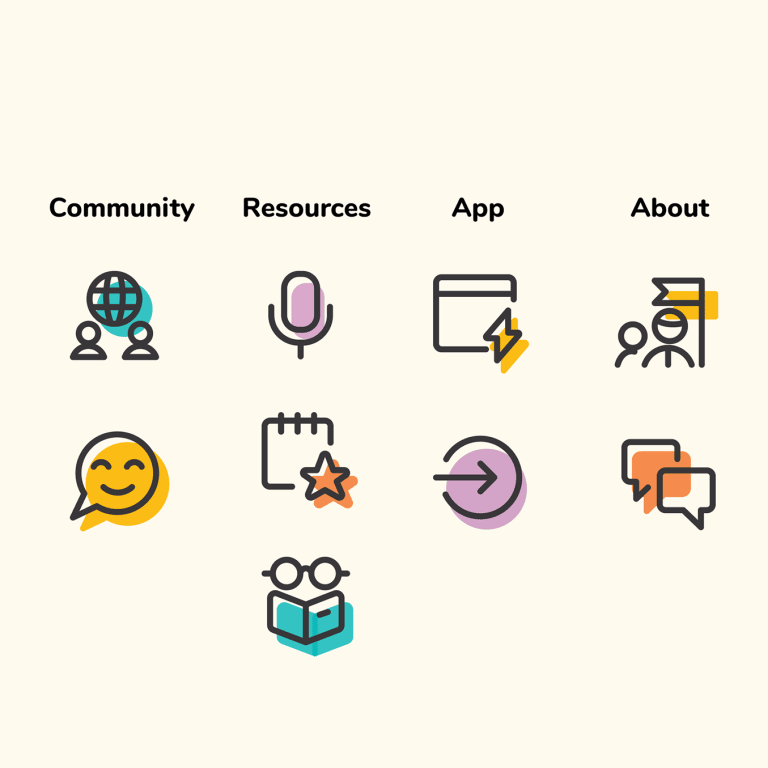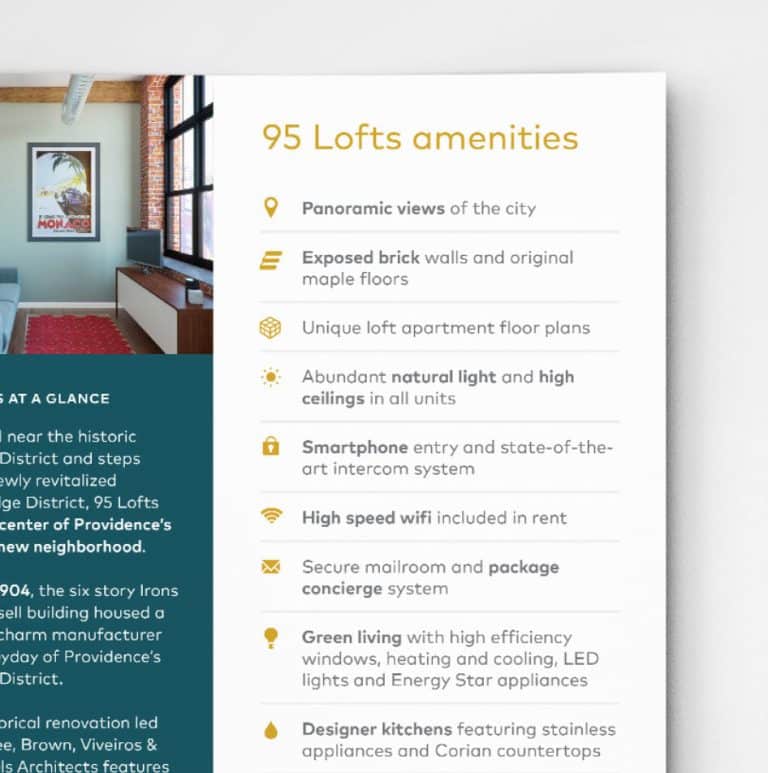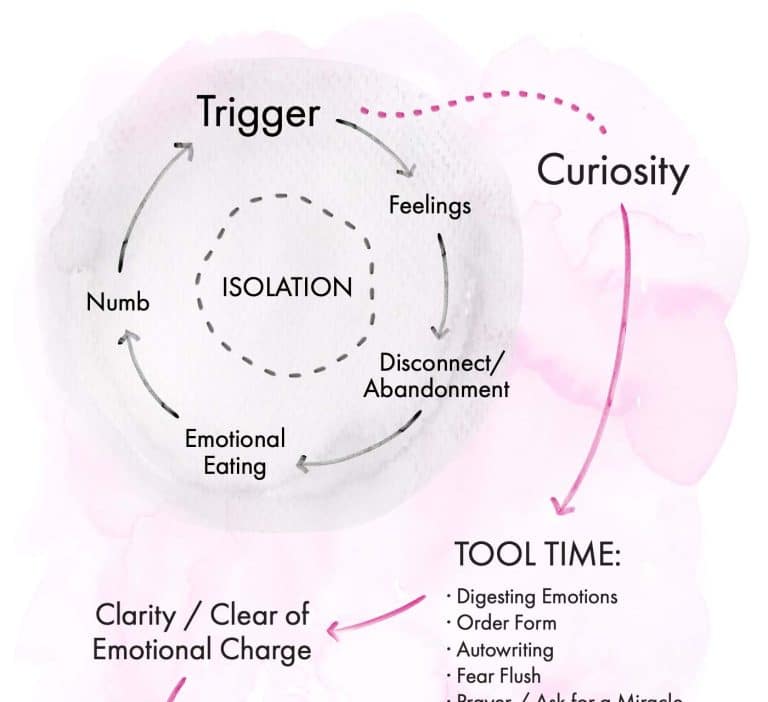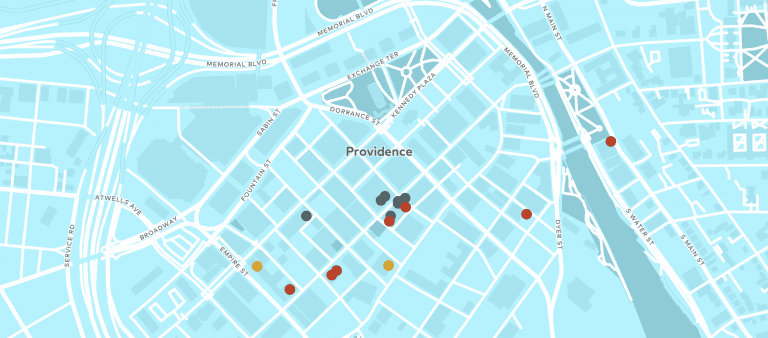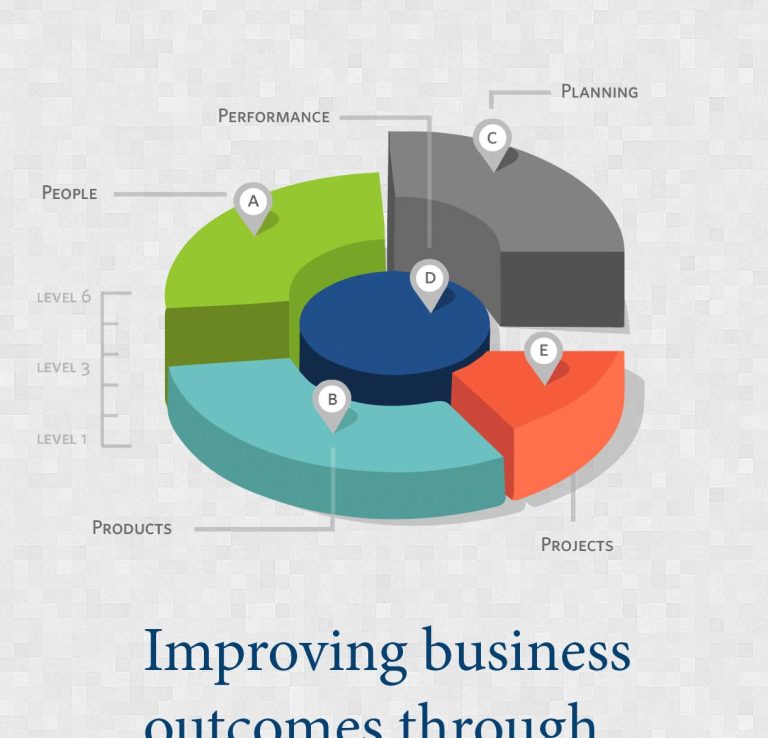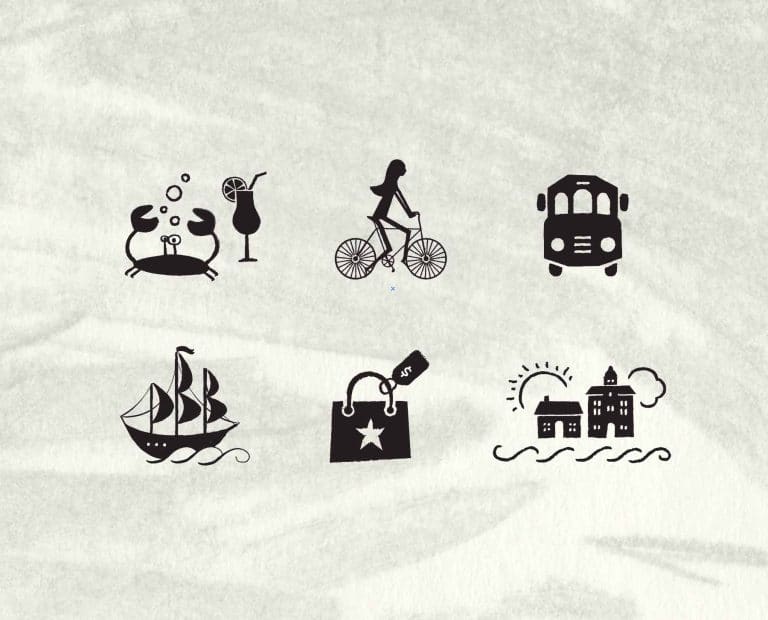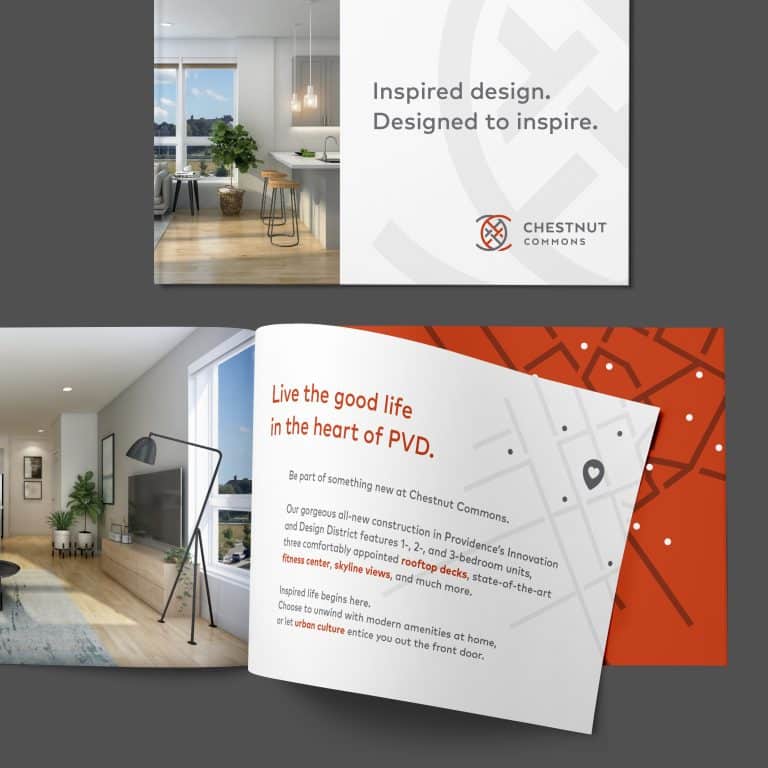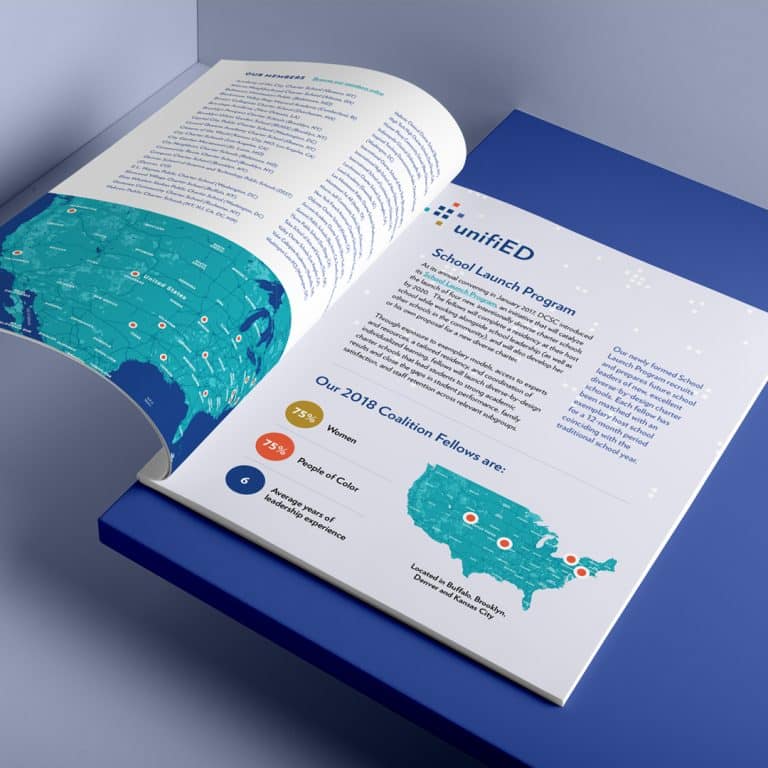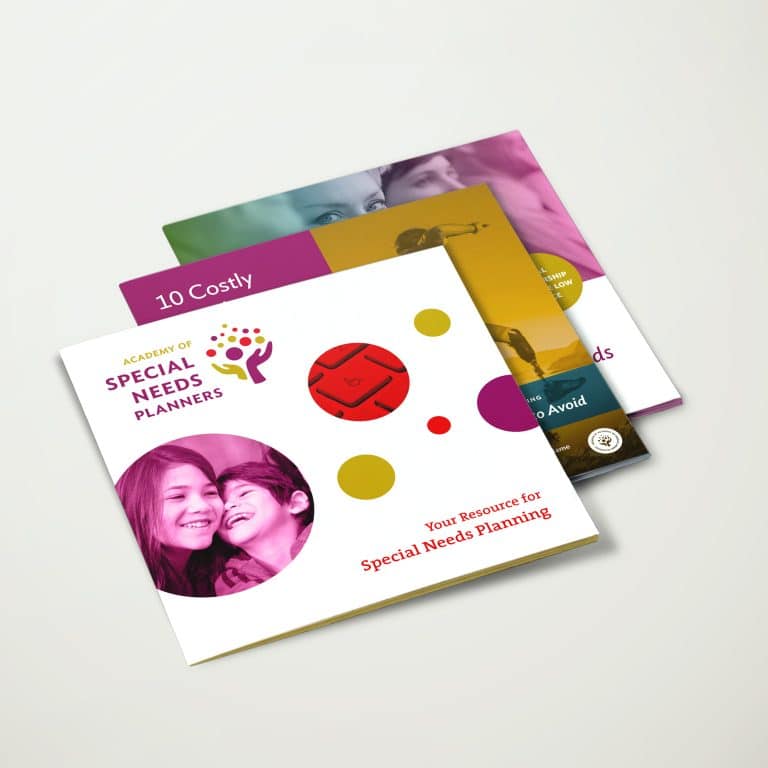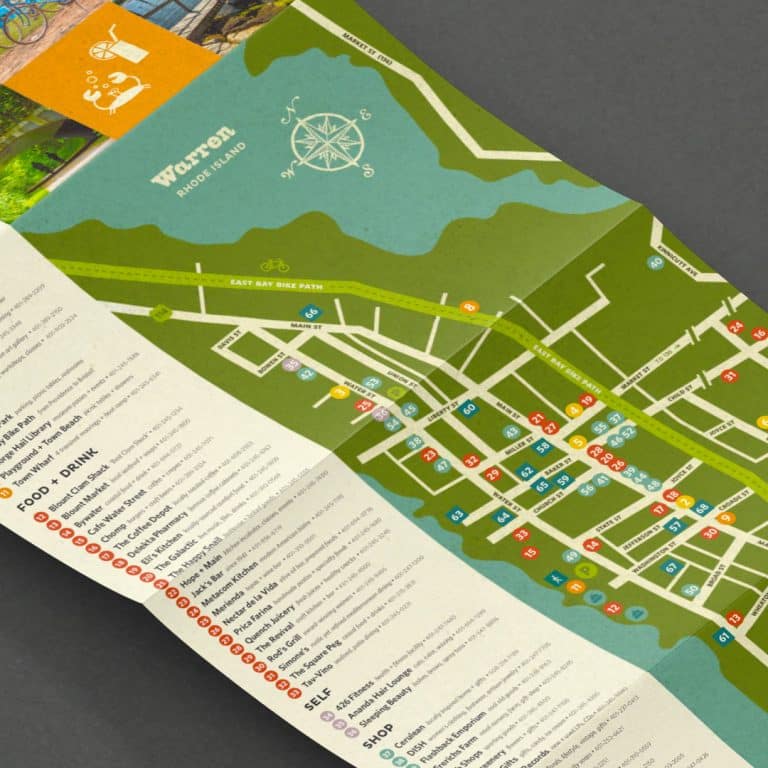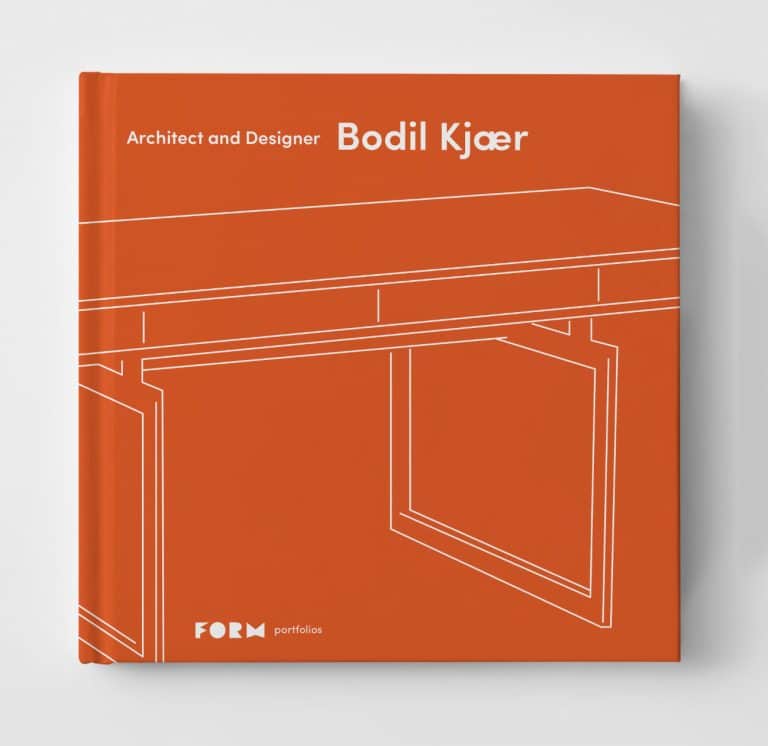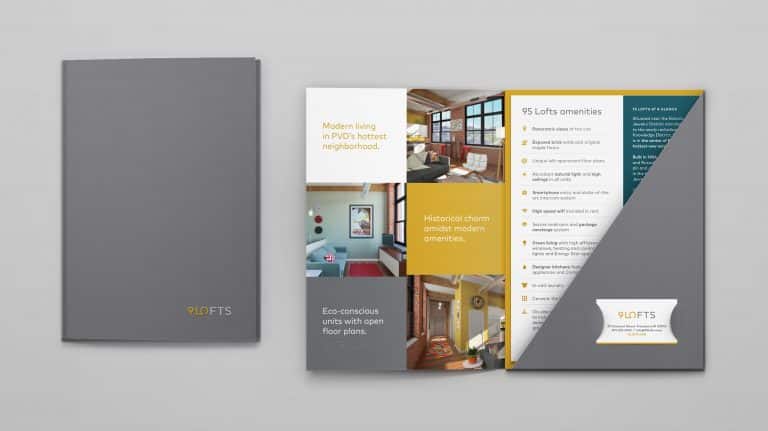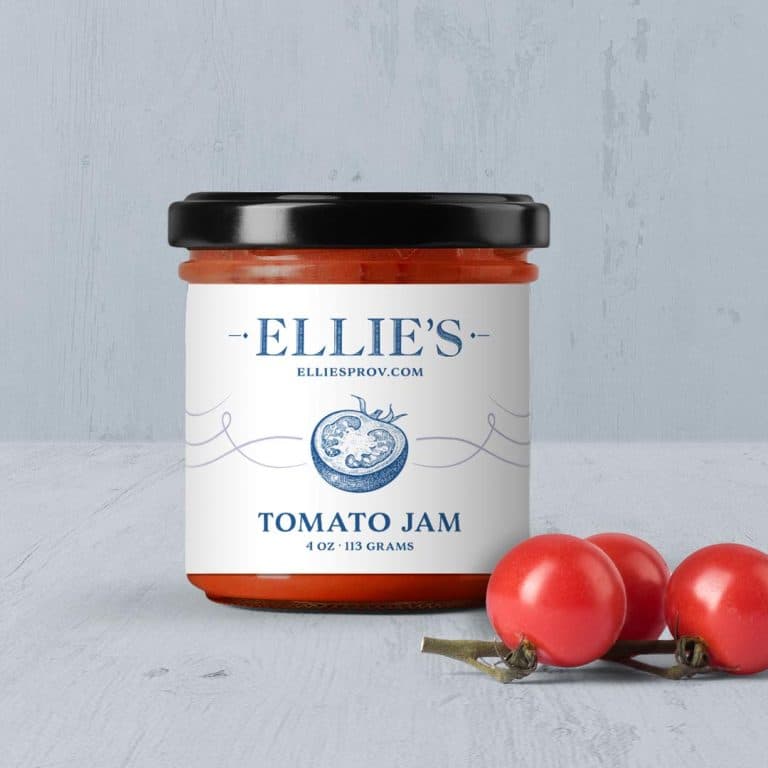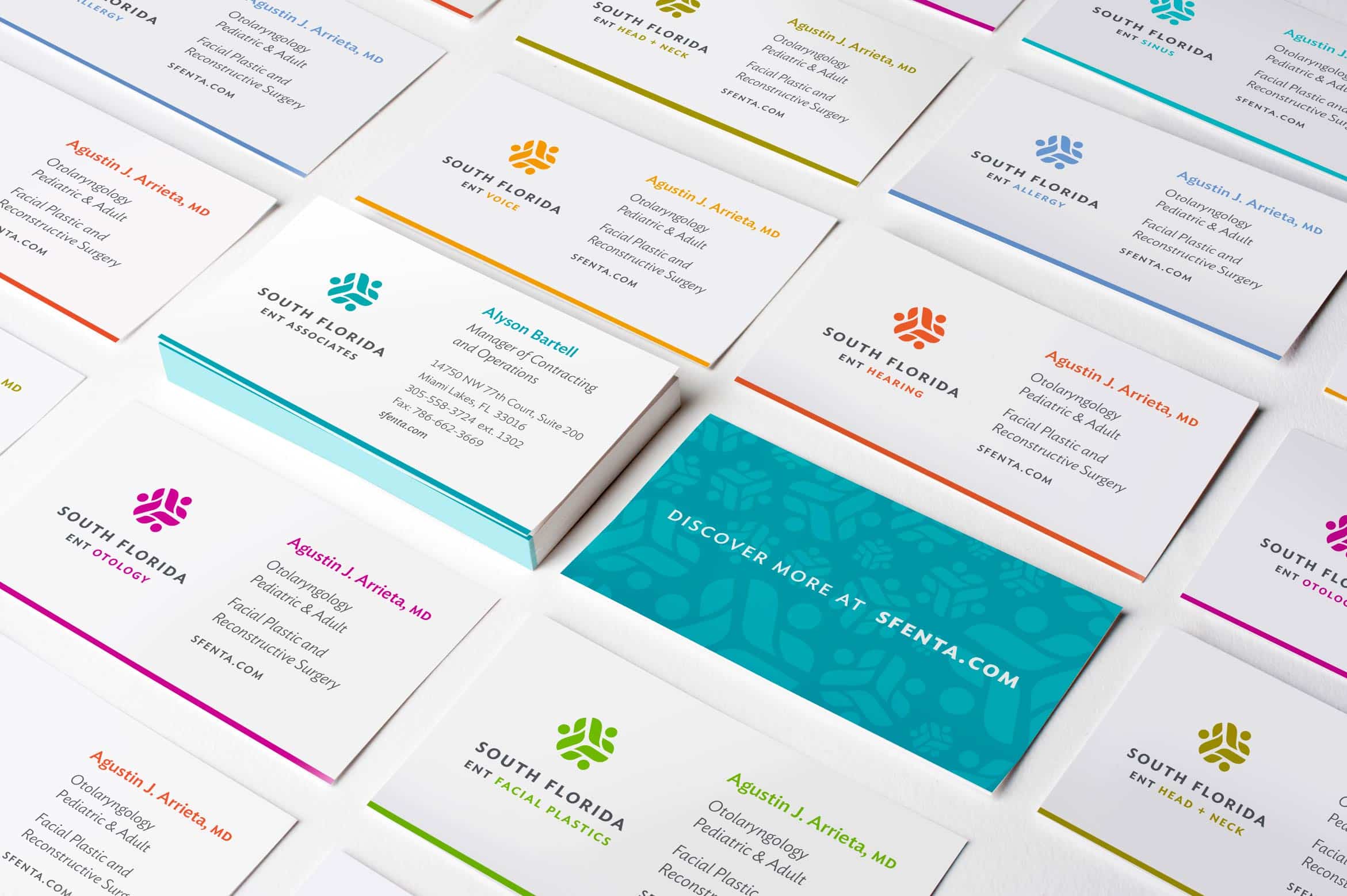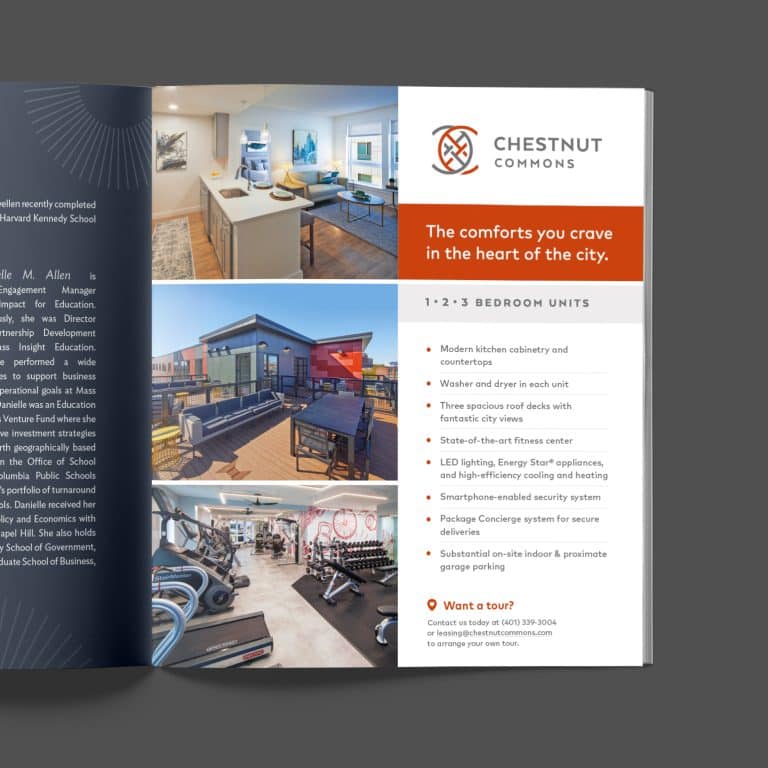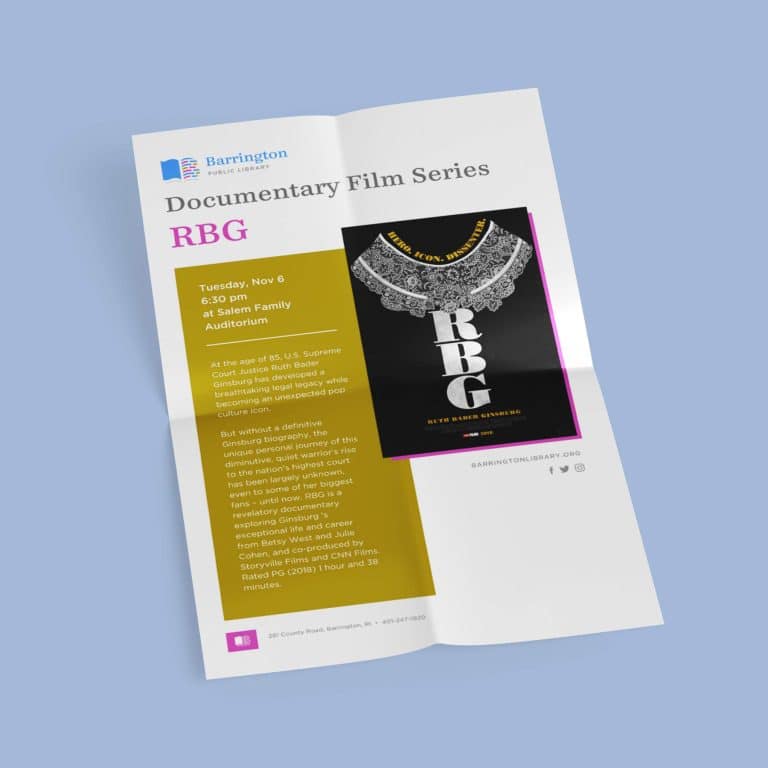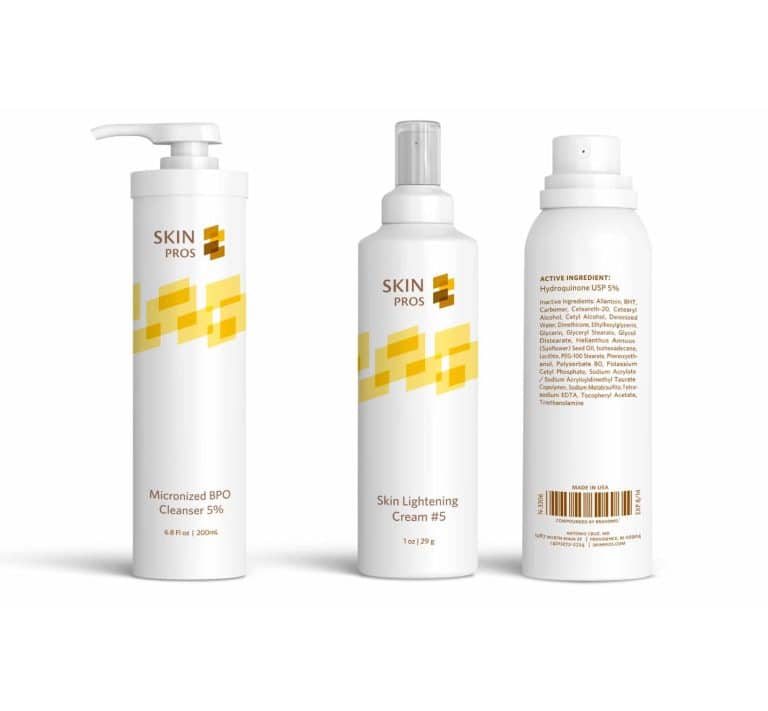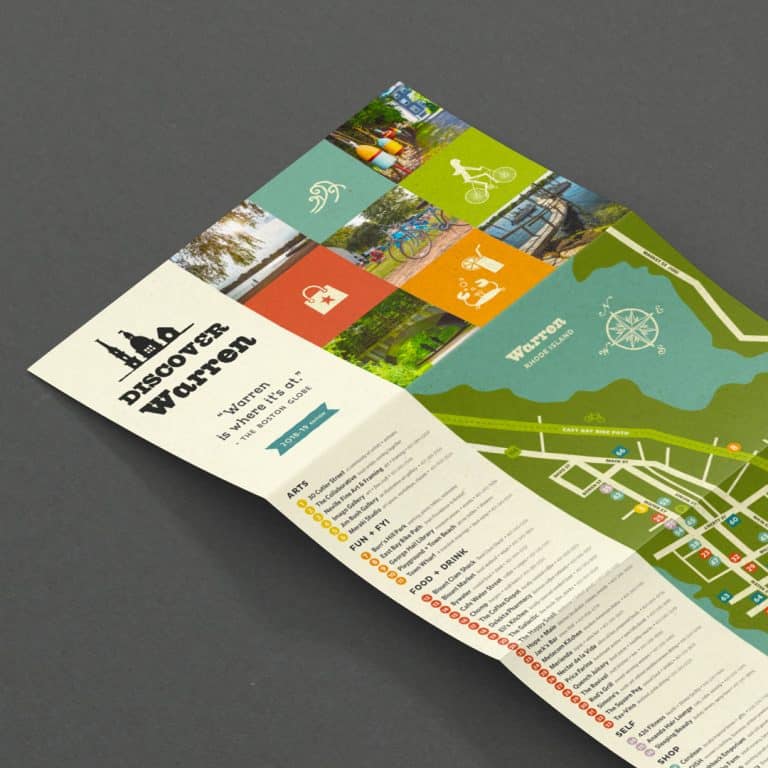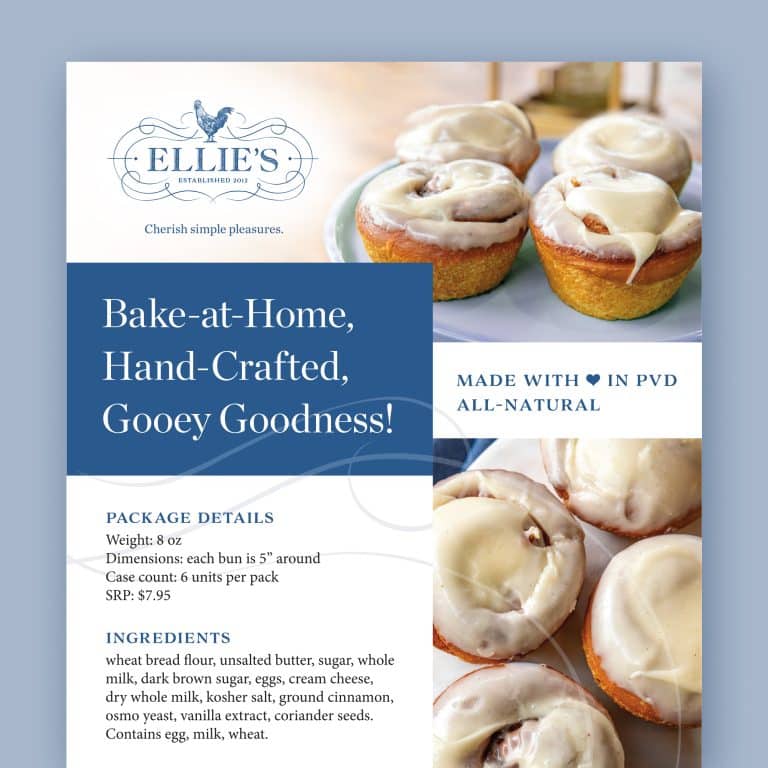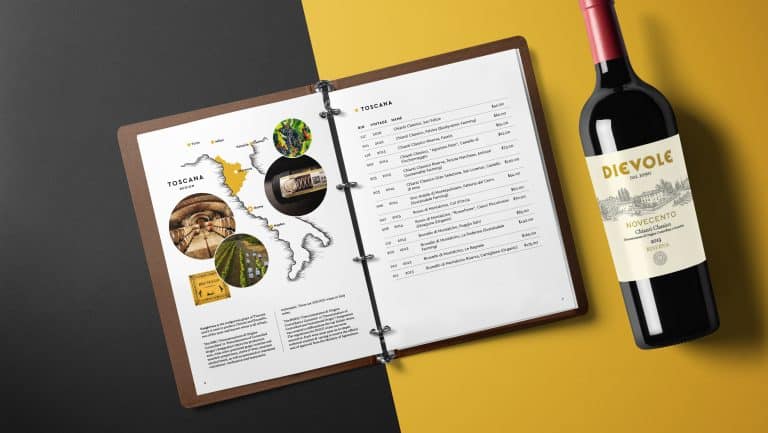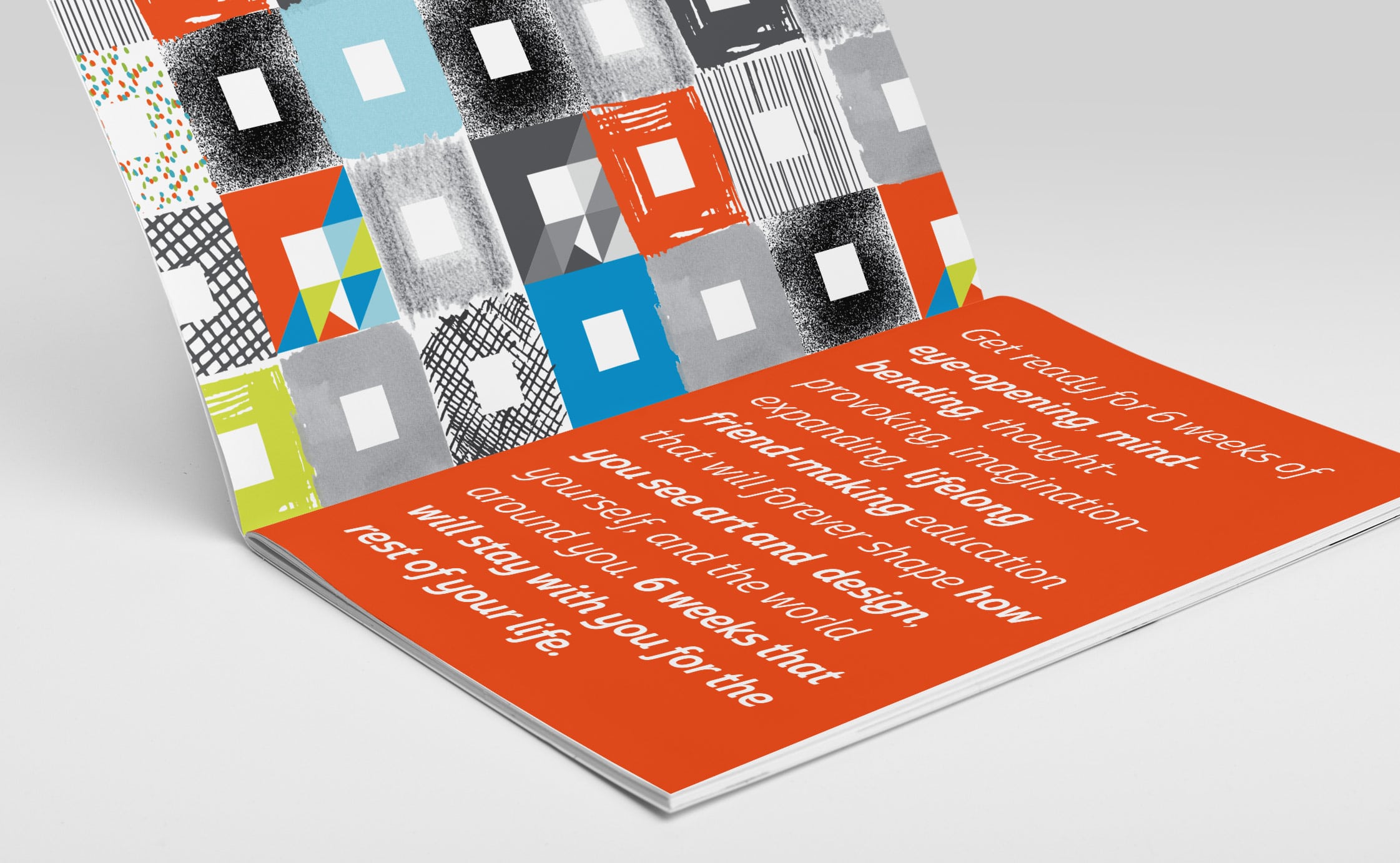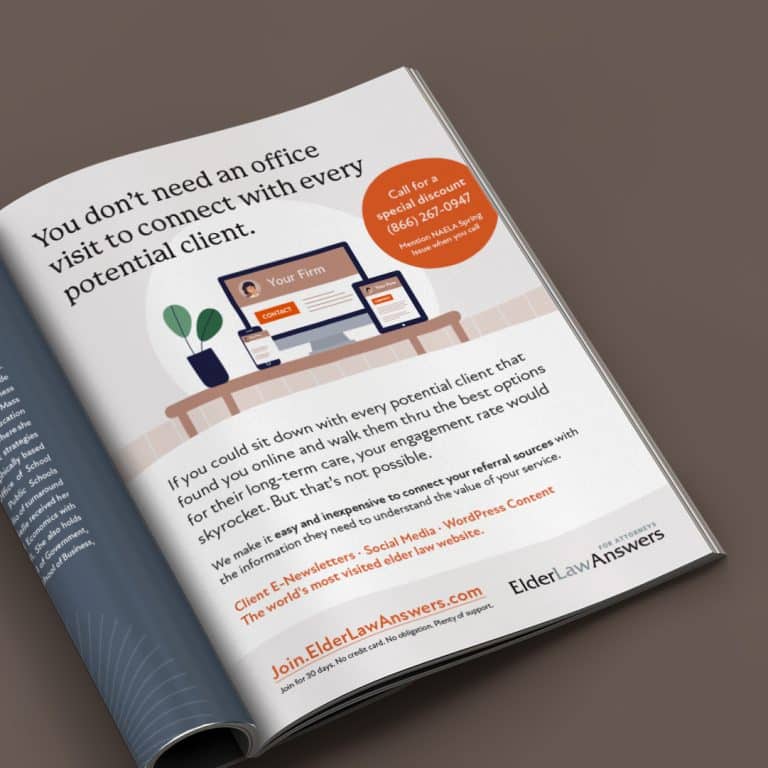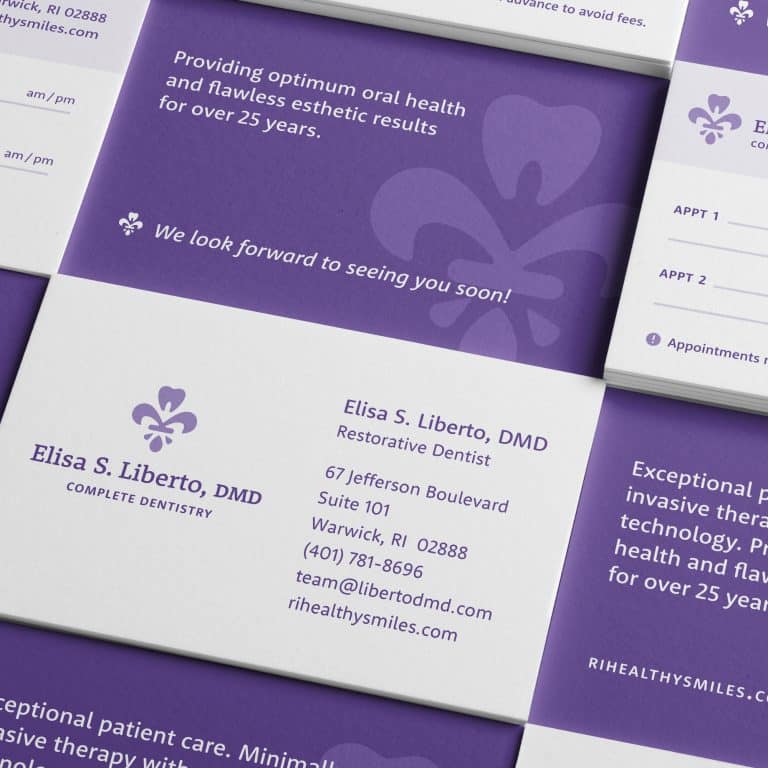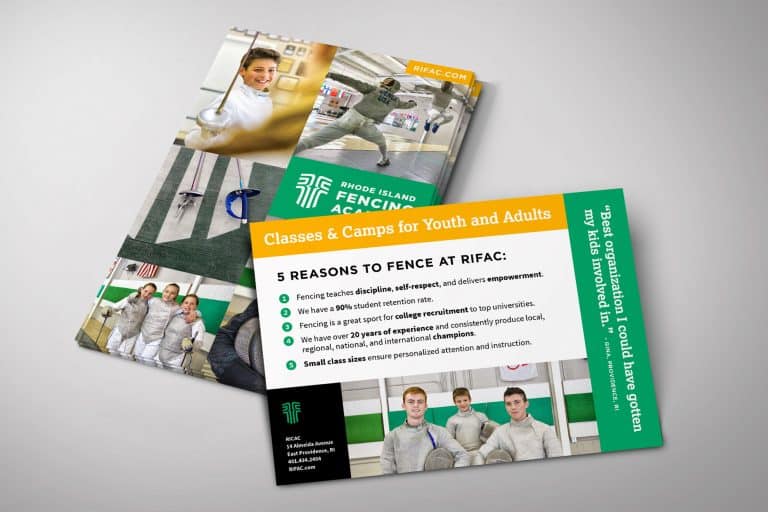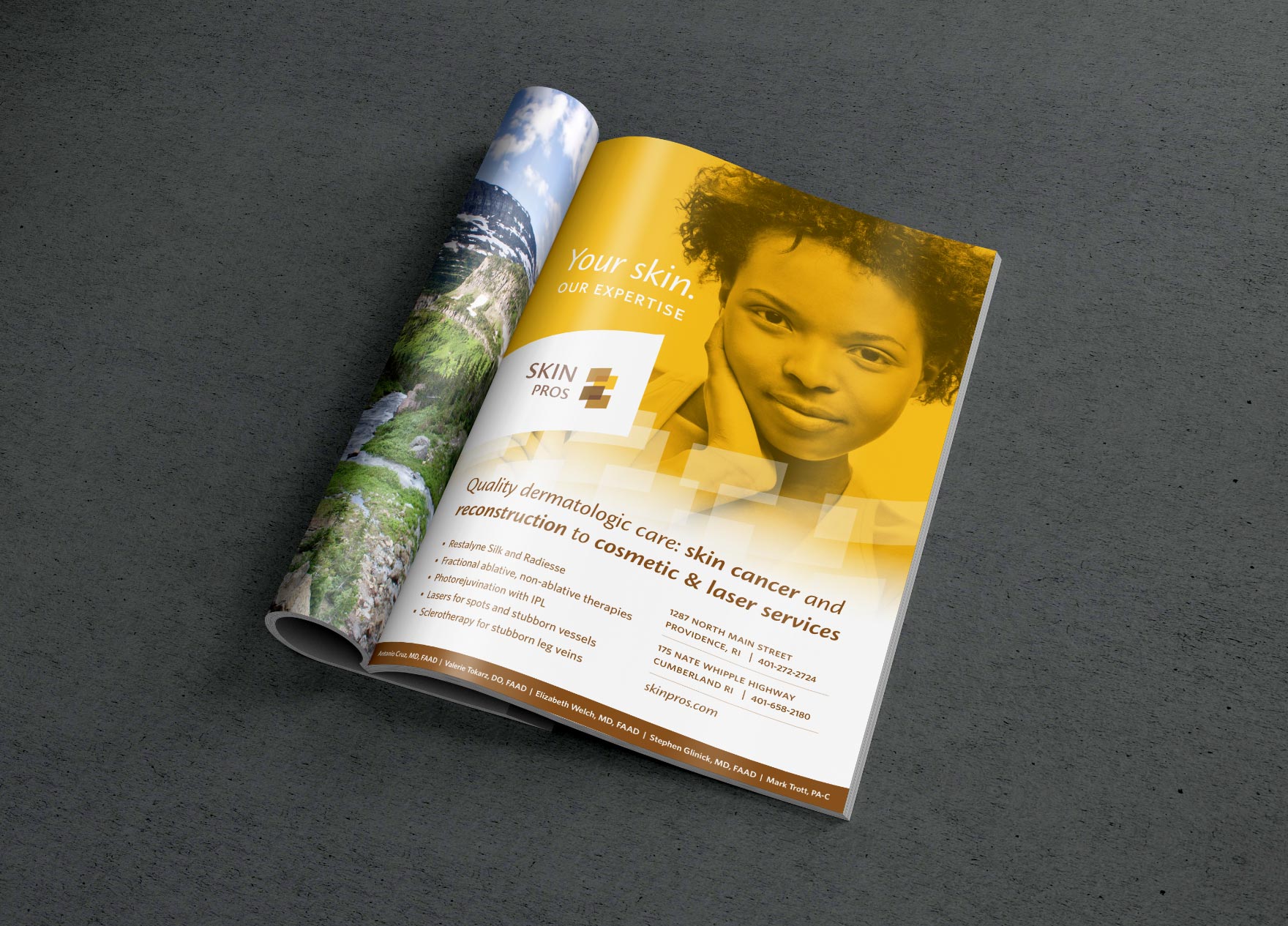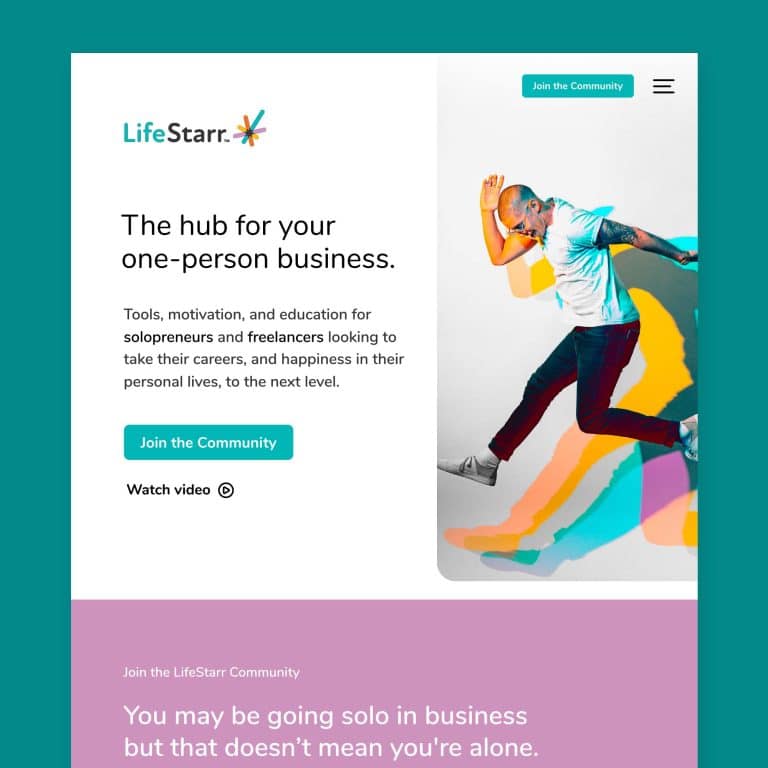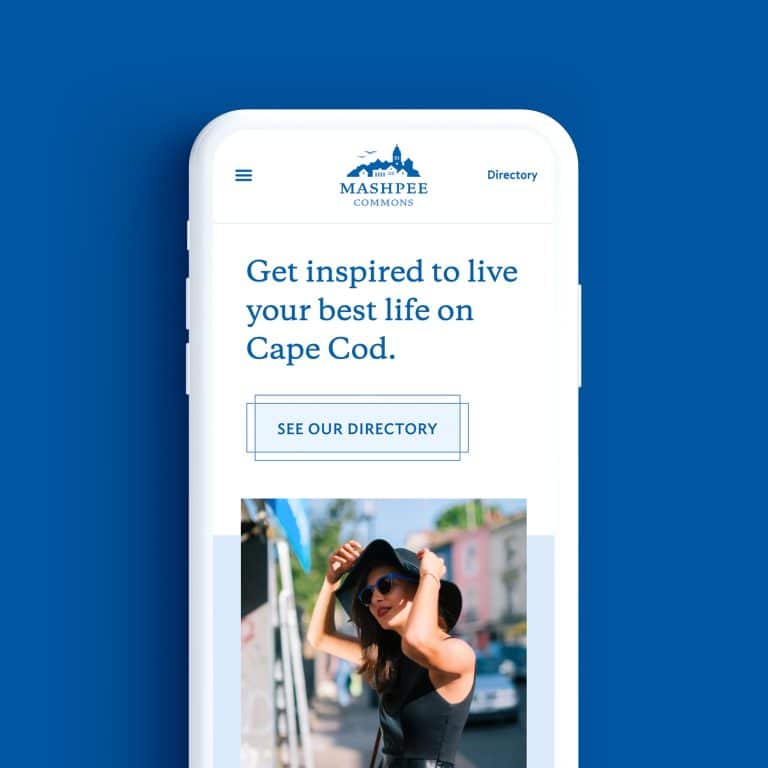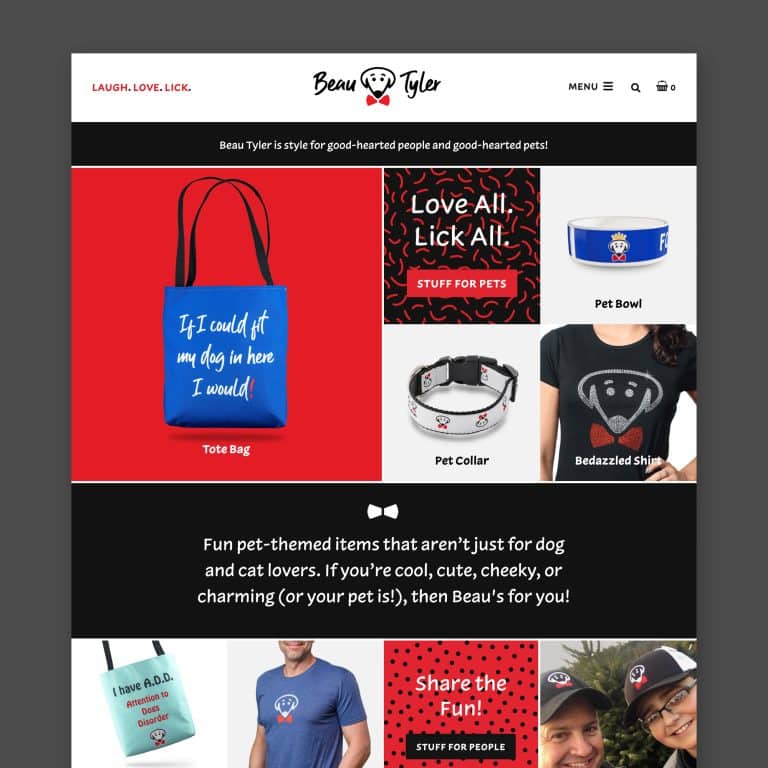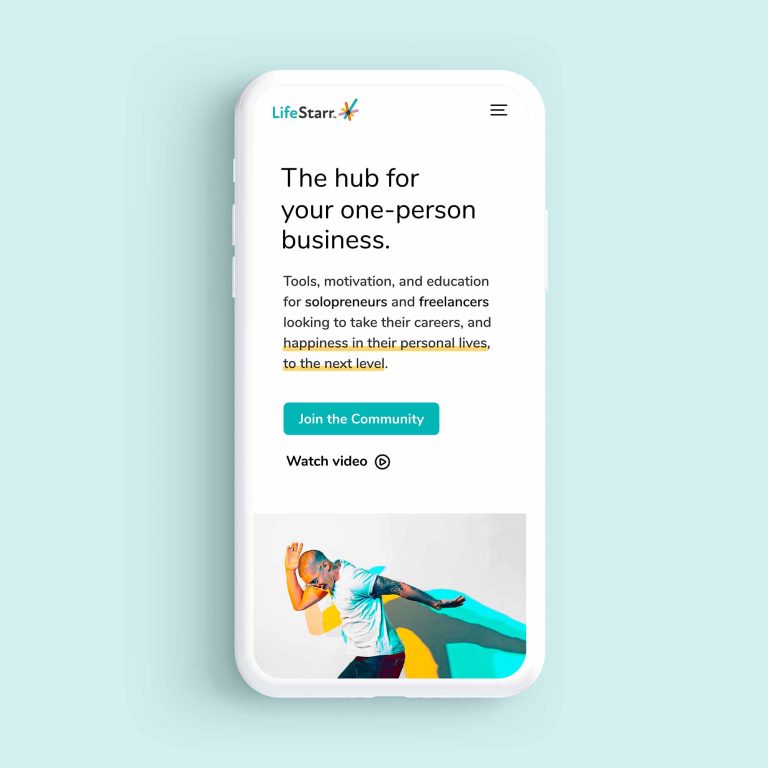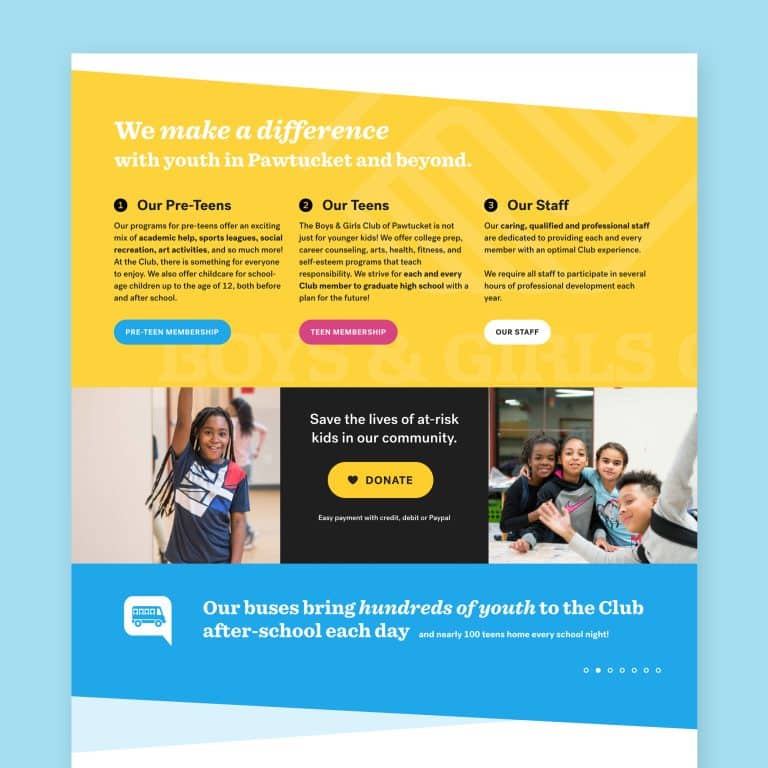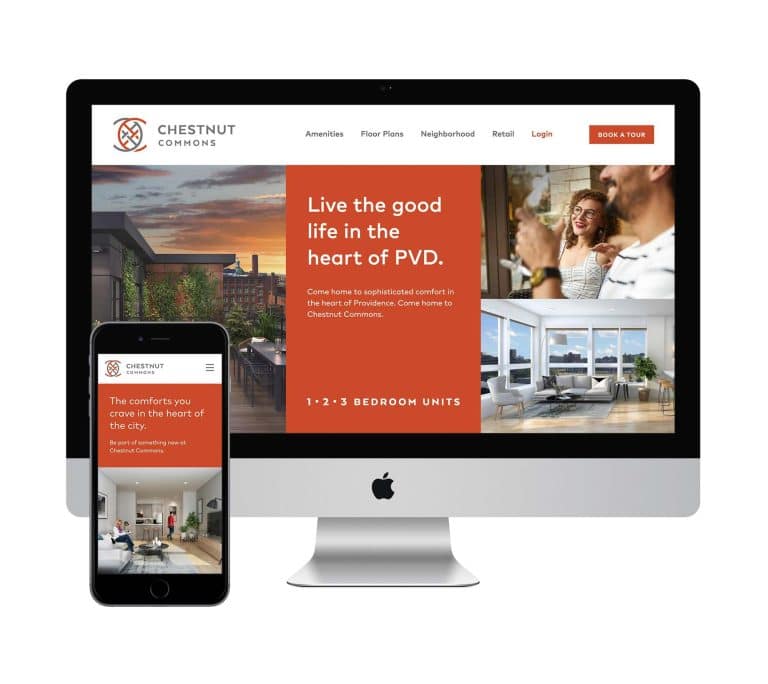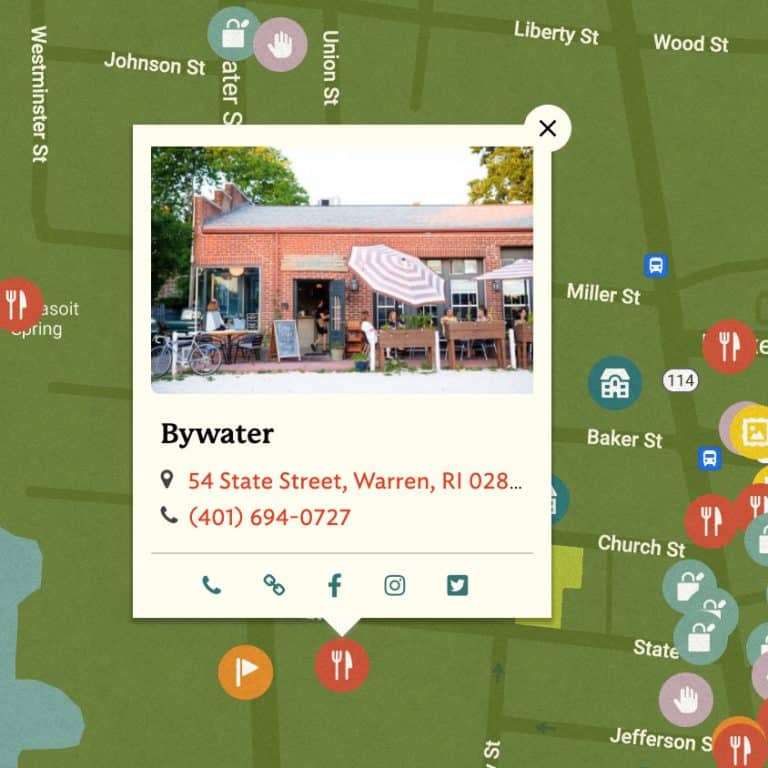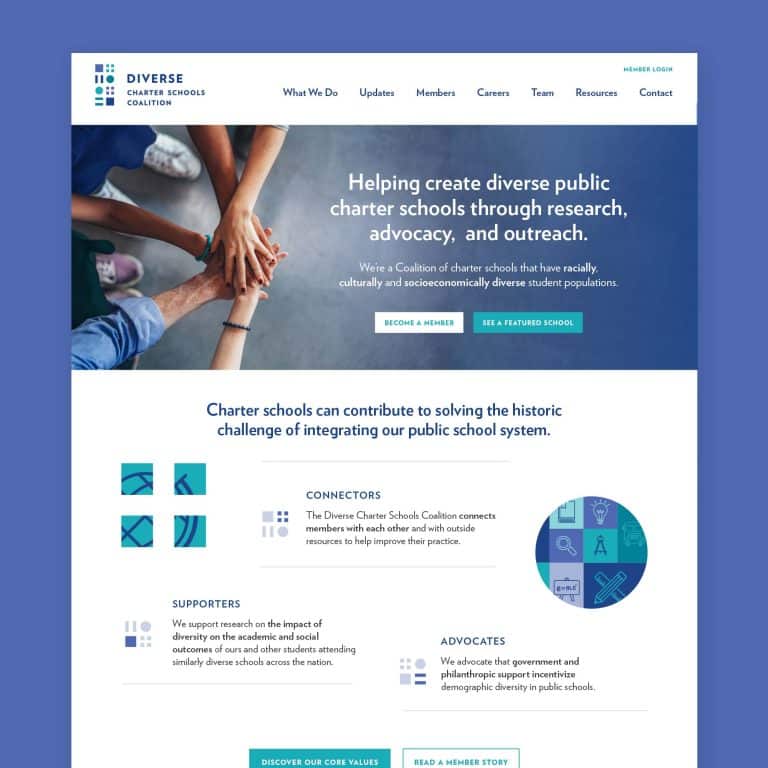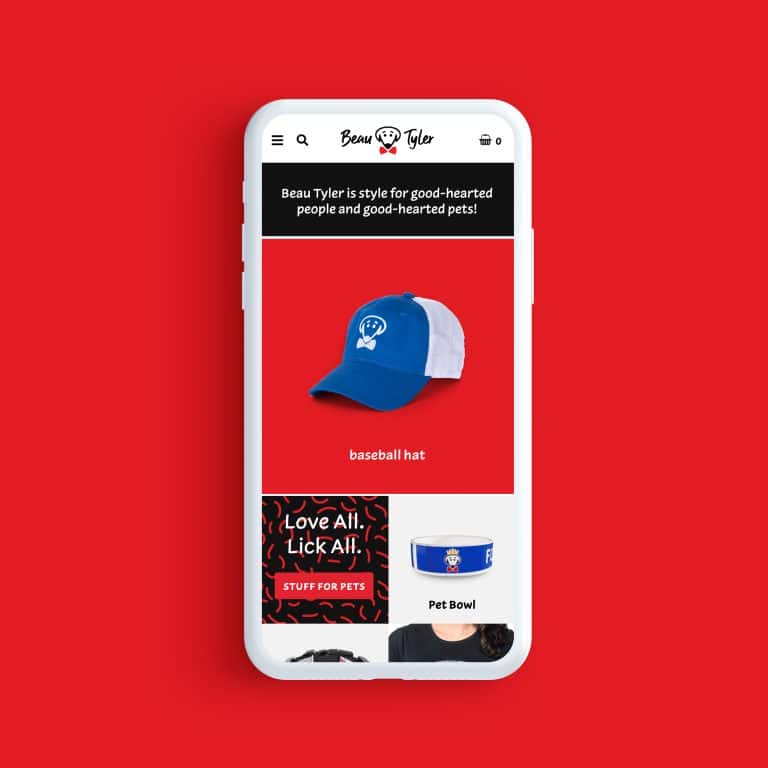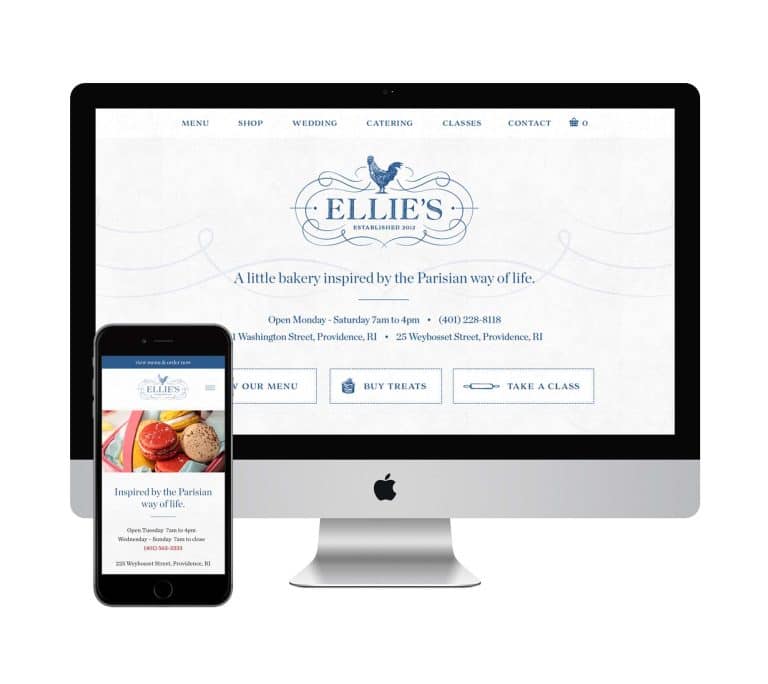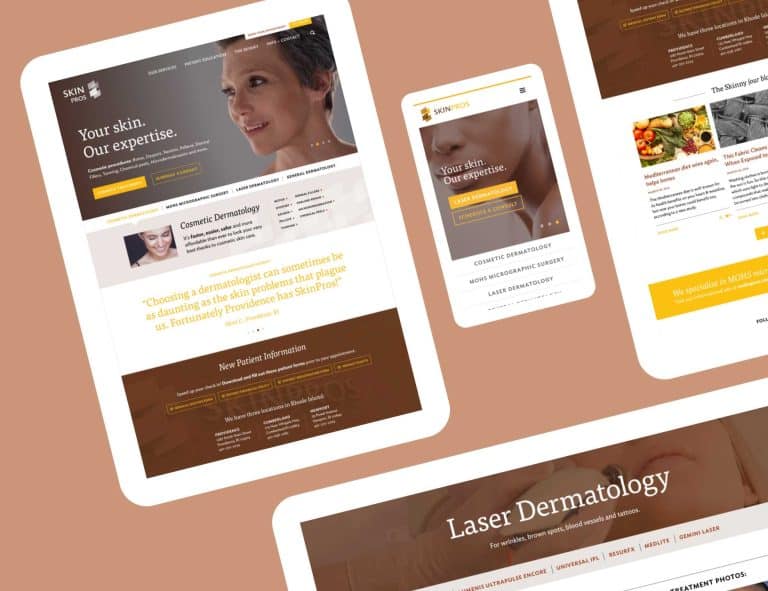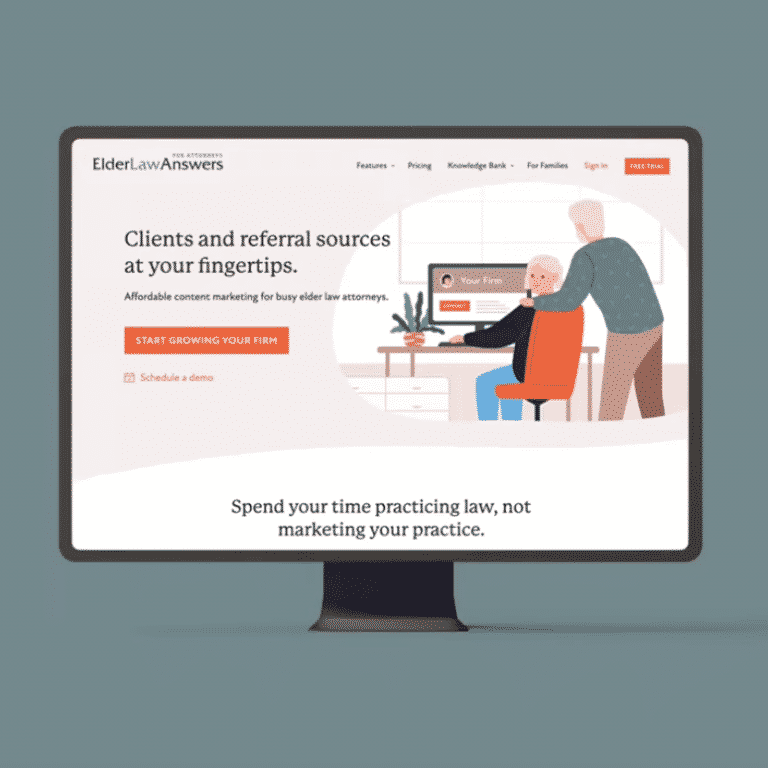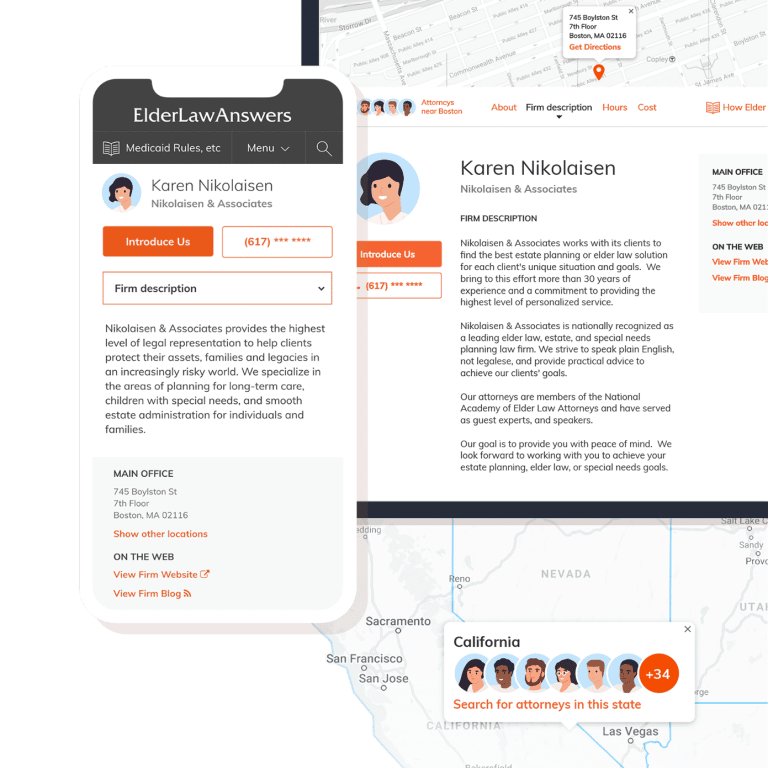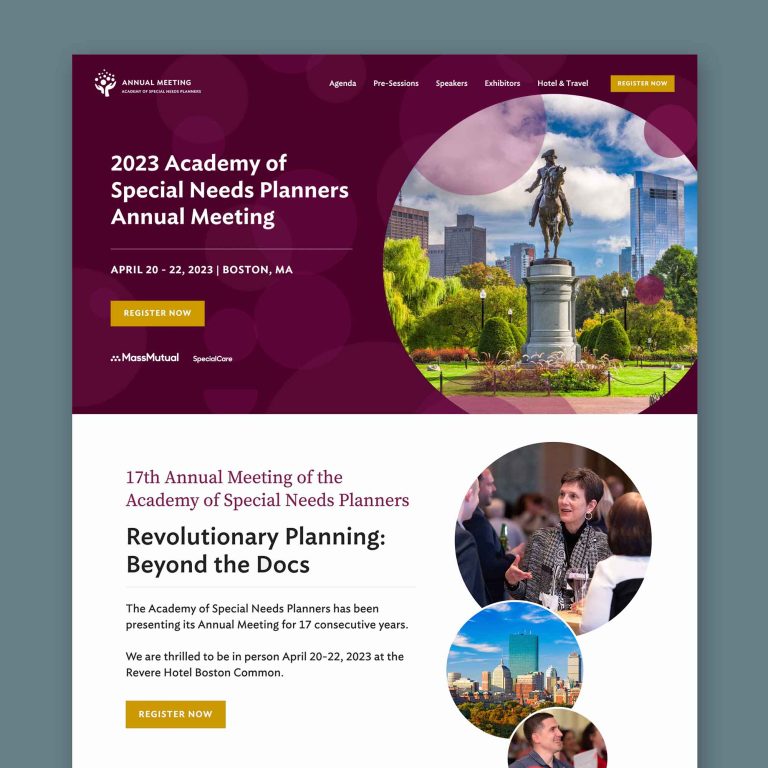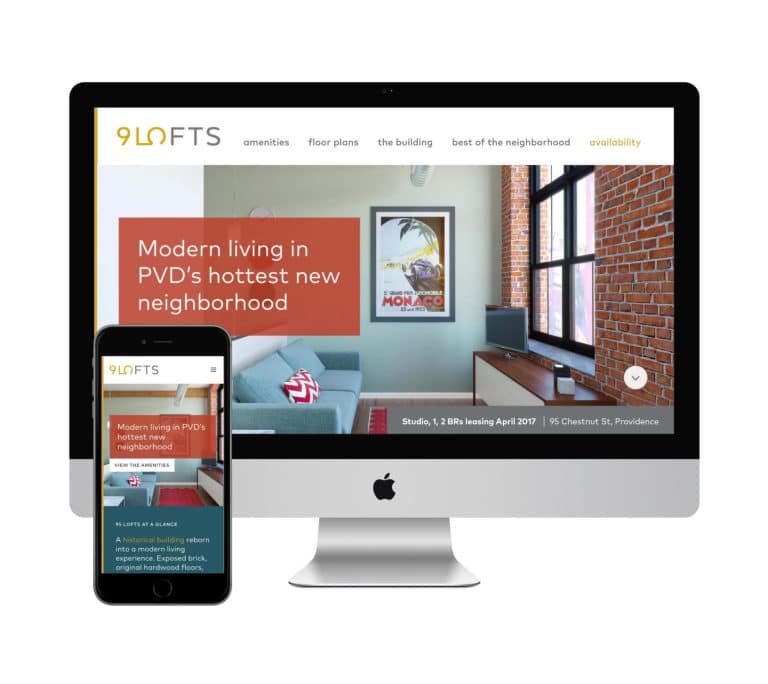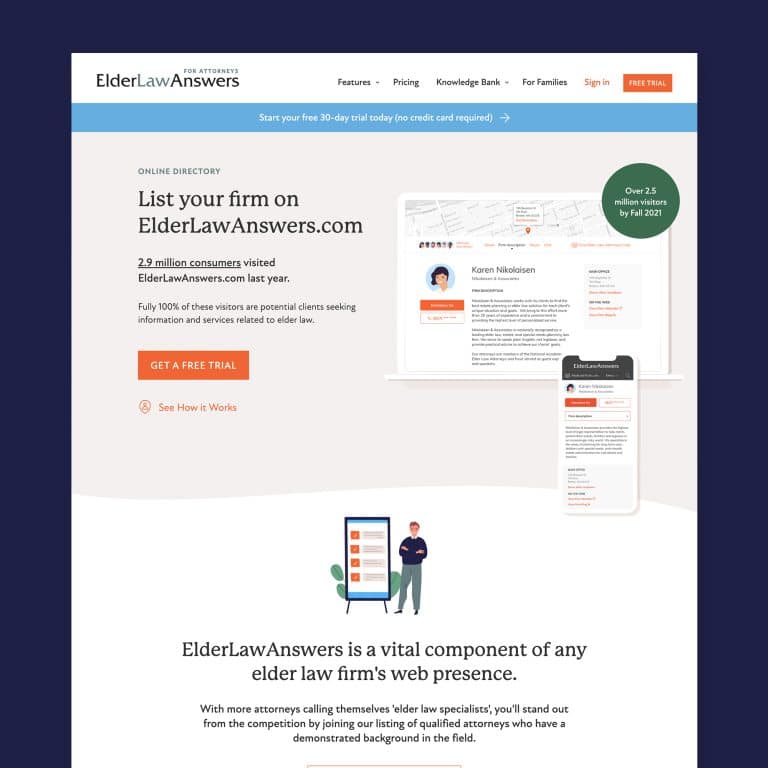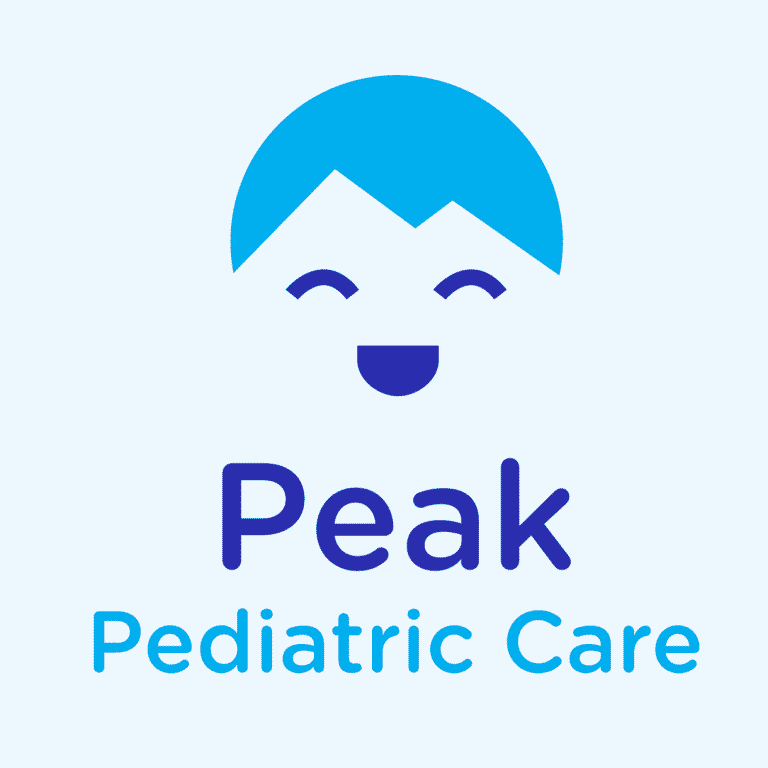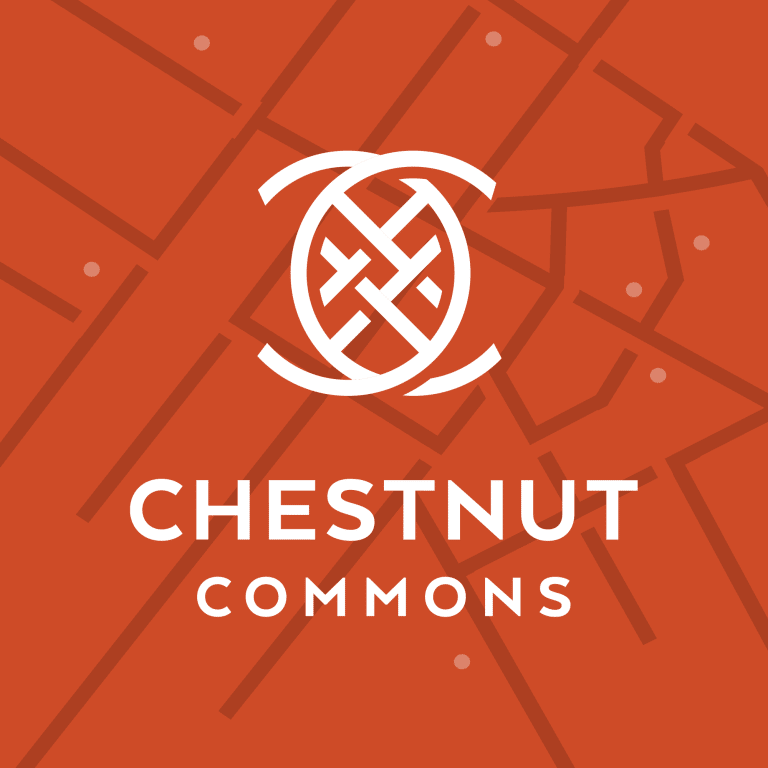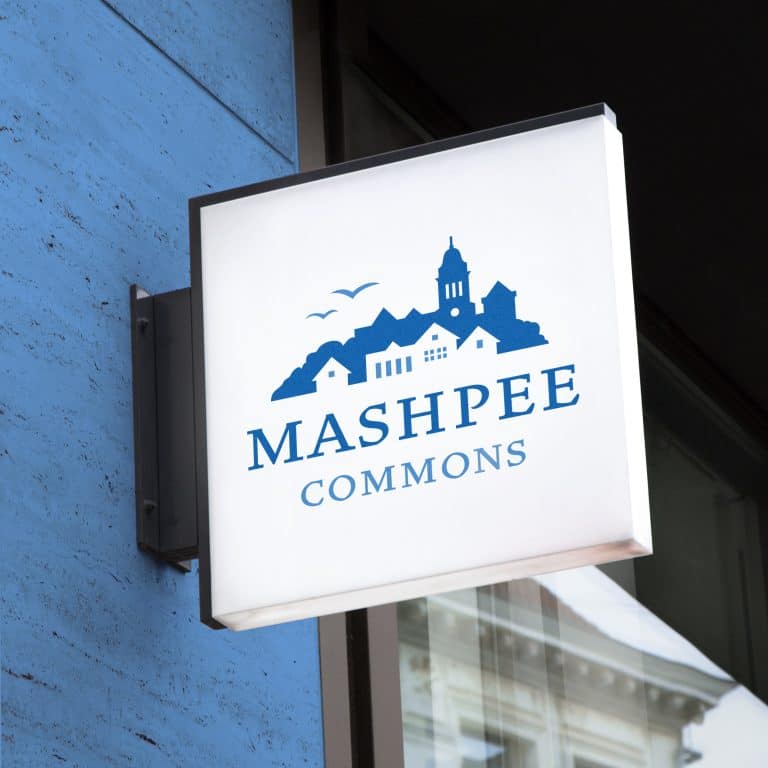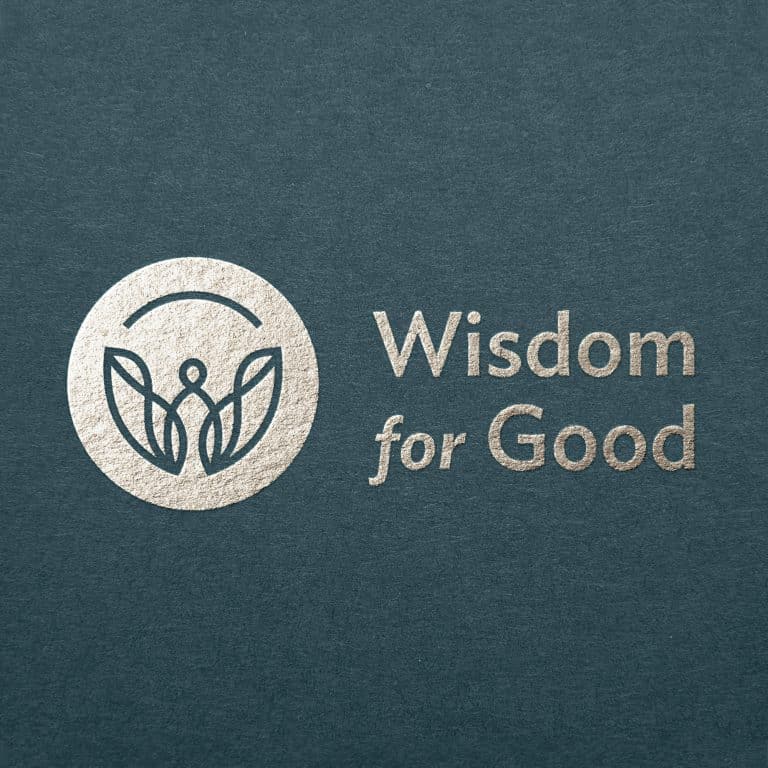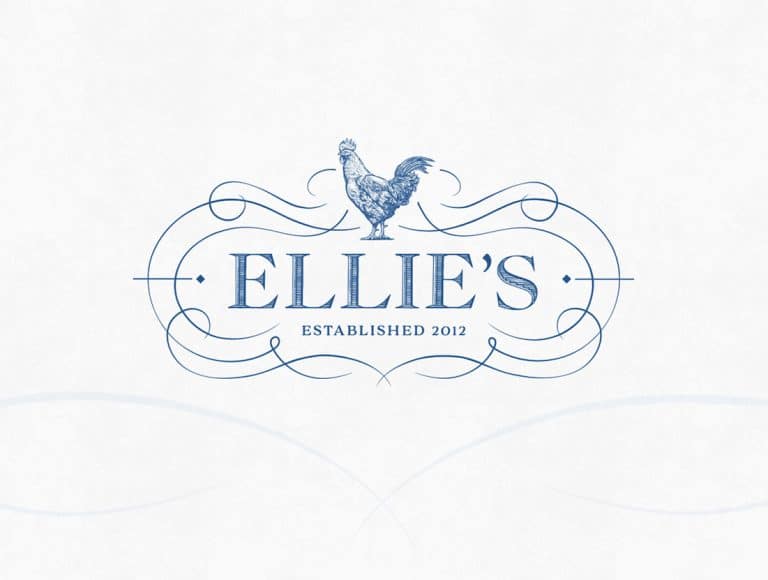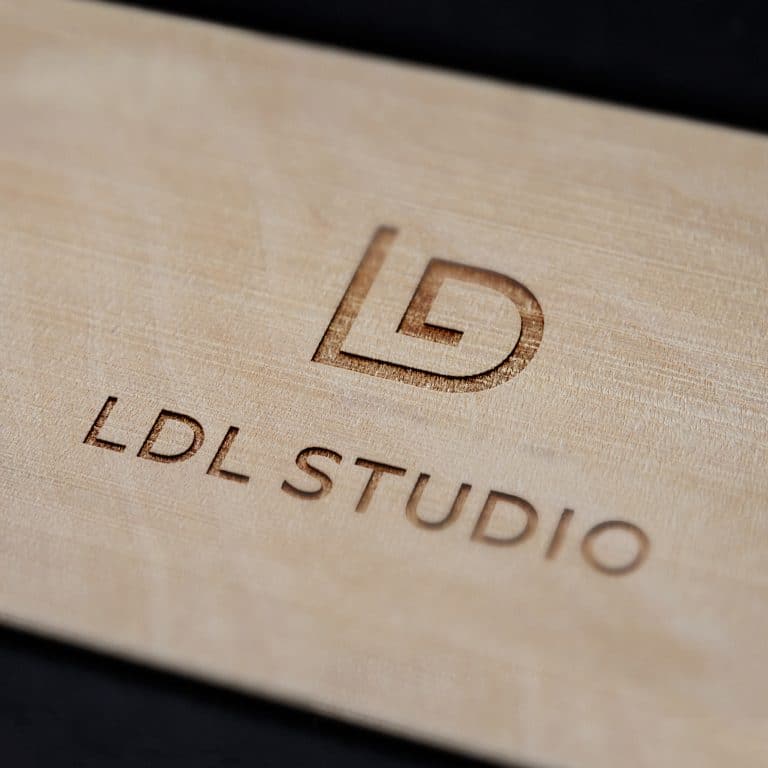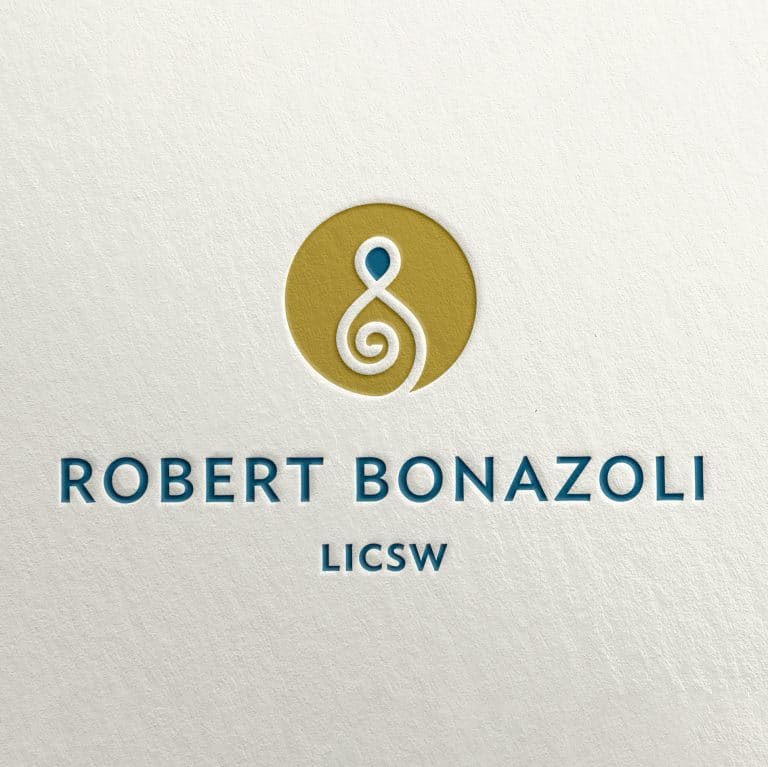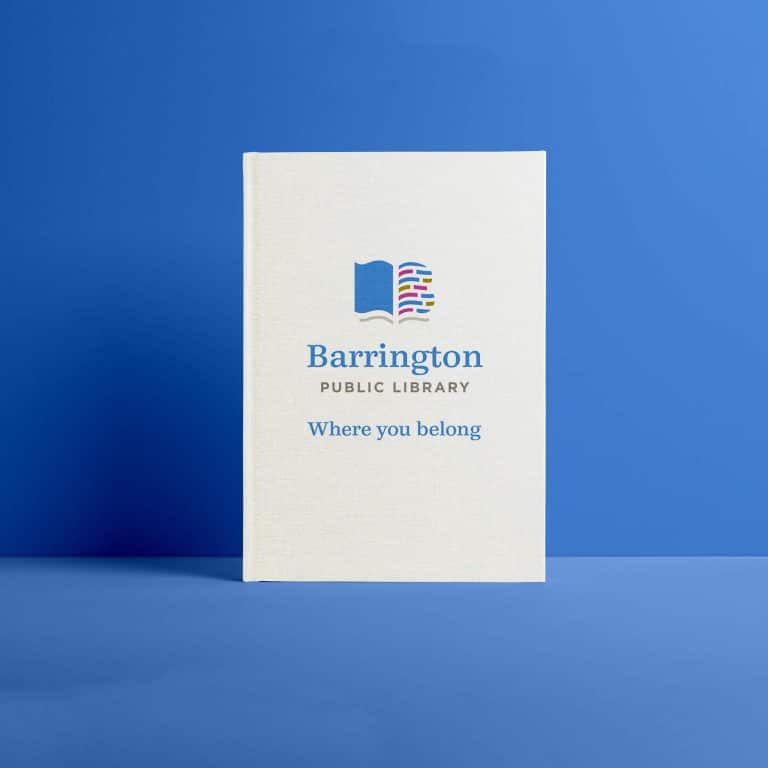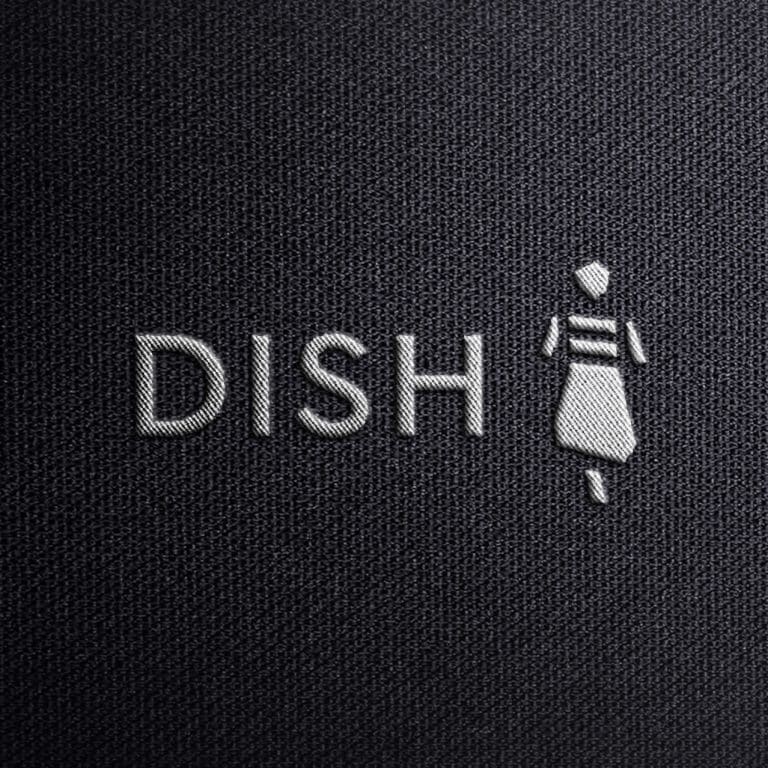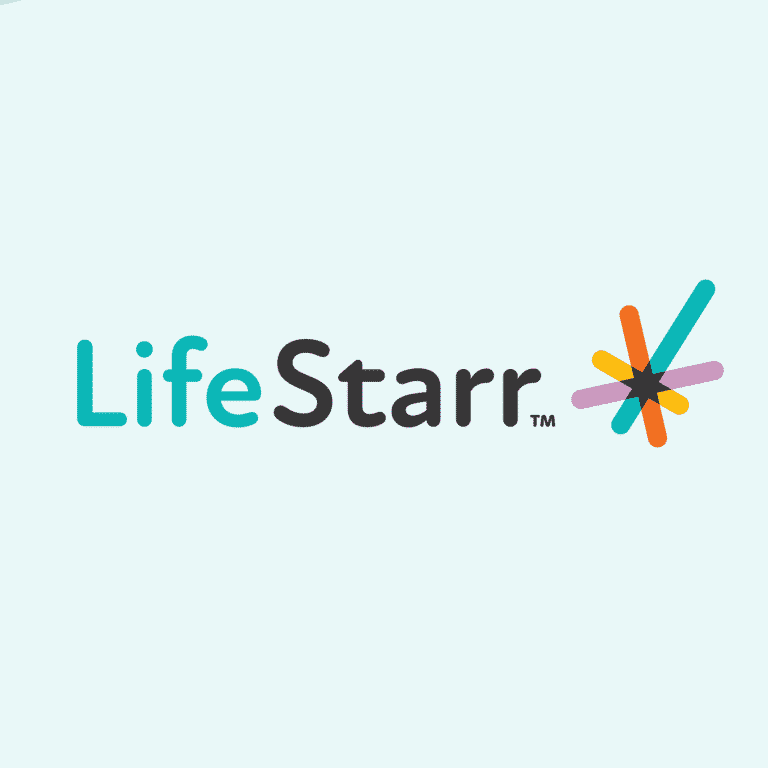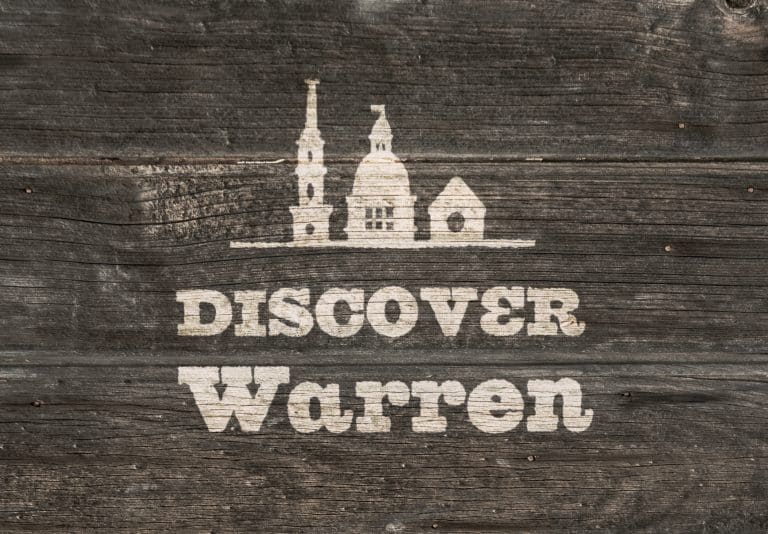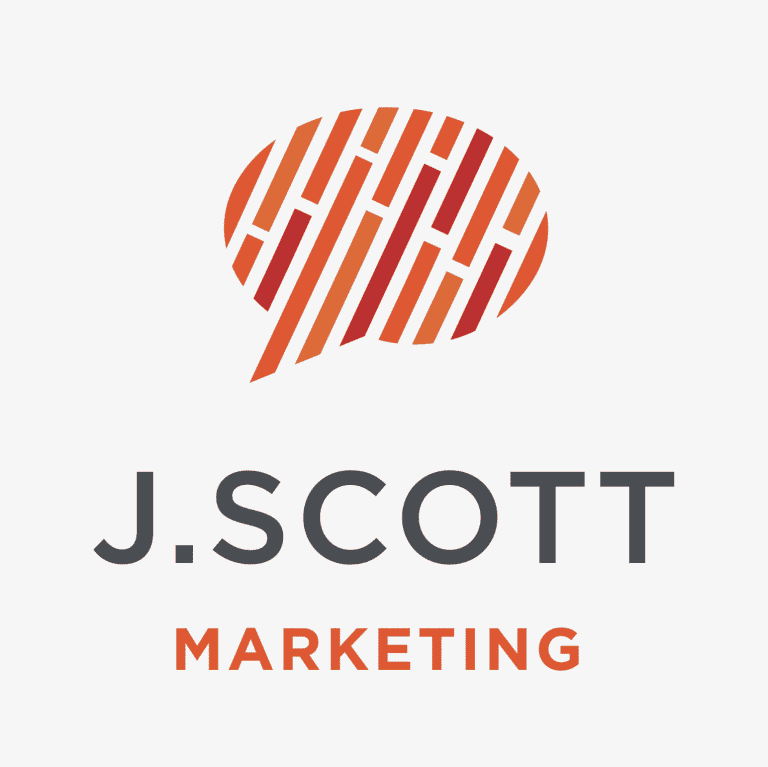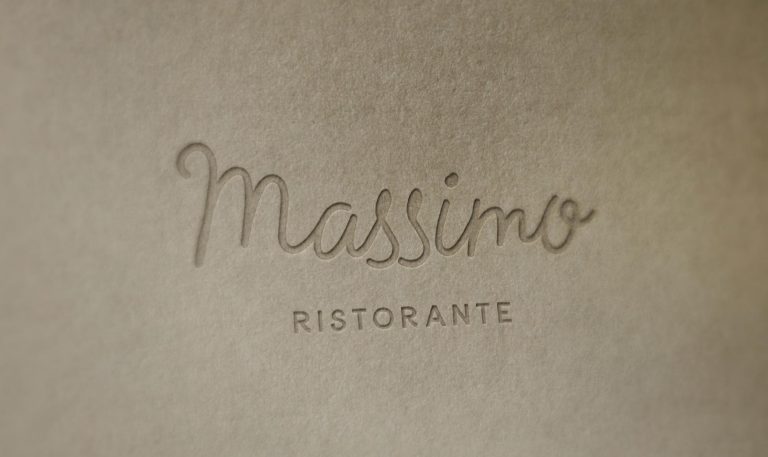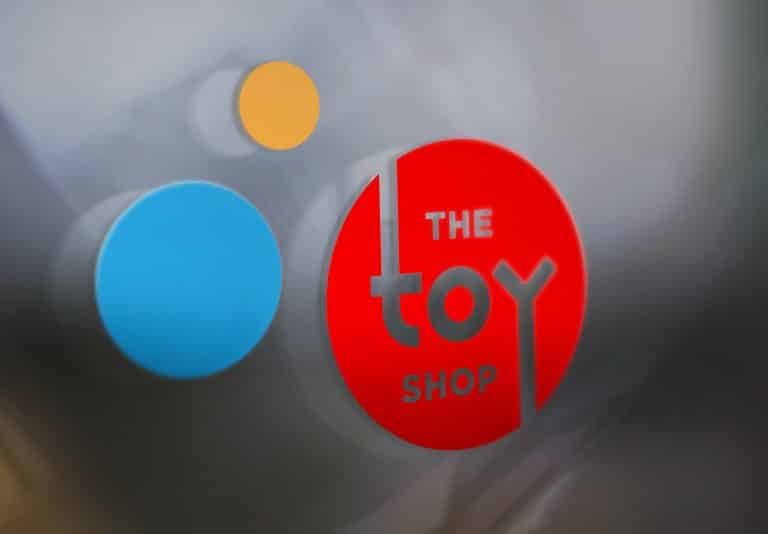Eight things to look for in a strong website proposal
For business owners who don’t spend all day thinking about visual design and intuitive user experience, evaluating a website proposal can be daunting.
What do you need to watch for?
How will you evaluate competing proposals?
What should you look to for peace of mind with your investment?
Take a deep breath! I’m here to help you learn how to recognize a strong website proposal and make sure that you get the site you need to reach new audiences and convert more customers.
As we dive into specifics, keep this principle in mind: You get what you pay for.
Some web designers charge much more than others largely because they spend more time to find and craft the best solutions to solve your business’s particular problems and needs.
A higher price tag generally indicates that your designer will be digging much deeper into understanding your business and your market, and will ultimately tailor a web solution that brings the right audience to your door, creating a seamless path for them to become your customers.
Remember: a project with a low price tag may be done quickly and cheaply, but it isn’t worth the “savings” if it doesn’t do what it needs to do – or even show up on search engines and deliver website traffic in the first place!
Let’s break it down: Eight things to look for in a website proposal
When you’re hiring a visual designer to build or redesign your website, keep these tips in mind to greatly increase your chances of picking a designer who’s just the right fit, who will create a site that’ll bring you closer to your business goals.
- Does the proposal explain why you need a new website?
Does the designer or agency have a clear understanding of your brand and the problems that are driving you to get a new website?
Have they taken the time to get to the nugget of where your current site is stuck, and what your business needs to make a giant leap forward?
- Do they outline a clear solution?
Assuming they’ve covered #1 in the proposal, does the designer provide a creative, comprehensive solution that makes sense to you and your team?
Are they more invested in replicating their particular style, or have they painted a picture of a distinctive solution that brings you confidence and peace?
- Will the site be customized (beyond just fonts and colors)?
Do you ever visit a website that feels eerily similar to other sites you’ve been on? Pre-made templates are a dime a dozen and many businesses turn to them for a simple, budget-friendly solution.
But their limitations become clear when your needs become less about making a good impression and more about articulating and demonstrating how you help your customers survive and thrive.
A customized, bespoke site provides creative solutions to specific problems.
For example, I take the time to custom-build the branding, style, theme, and layout for each client individually. It means the difference between buying a $100 suit off the rack, taking it in here and there, and adding a flower to the lapel to “make it yours,” OR investing in a wardrobe bespoke to you, made from scratch, and based on your precise measurements and personal style.
Rather than stuffing your business into a ‘one size fits most’ suit, a tailored site will be customized to your brand’s visual assets and your style of doing business; it can even boast a custom checkout method or a specialized client onboarding process.
The proposal should lay out how the site will be customized and why that is important, and the pricing should reflect the proposed level of work.
Sidebar: How do I know if I need a custom website?
Are you wondering if your business needs a custom visual design solution with the higher price tag, or whether an out-of-the-box template will serve your needs? For some new businesses, a templated website from Wix or Squarespace might be a solution you can live with just to get off the ground.
If you’re in this camp, consider starting there to save on resources. As your business expands, and you begin to see how a simple template limits your ability to demonstrate growth and serve your customers, you’ll hopefully feel confident investing in a custom-built site that can solve the special problems you’ve run into. If you have the funds, however, a skilled designer can help you skip that first DIY step entirely.
- Are they committed to conversions?
A strong website proposal will pledge to develop the clearest, simplest path to convert your visitors into customers.
To do this, they’ll be working through that process with you – the person who knows your customers best – and thinking deeply about the ideal path your audience will take to get the information they need, followed by an appointment booking, a scheduled call, or an easy checkout.
This includes weeding out visitors who won’t be your best clients (to save your time and sanity).
- Do they understand what makes your business distinct and special?
To set your business apart and craft the ideal conversion path, a designer needs to grasp – and visually articulate – what makes your brand exceptional compared to its competitors.
- Do they make it easy to maintain your site?
Once your site is launched, it will need some ongoing love – both to publish SEO-critical new content and change details (like opening hours and products). Will you be able to make simple website edits on your own?
This includes explaining how the site is structured and built, utilizing user-friendly tools in a content management system (CMS), and pledging to provide training on simple or more substantial edits. Does the price include ongoing support, and in a clear format?
Even after a site launches, I’m always on hand to answer questions and offer guidance. I want to empower business owners to feel confident making their own edits, and to maximize the marketing power of their new website.
- Are the hosting options clear and comprehensive?
Web hosting provides the unseen, but critical, foundation for your site. When it’s done well, you never think about it. But if it’s done poorly, you may be on the phone with tech support a lot more than you anticipated.
Good site hosting takes care of important aspects like bandwidth, up-time, site backups, malware security, and SSL certification (so you rarely, if never, have to be on the phone with tech support).
Can your designer clearly articulate their hosting options and help you make the right choice for your current and near-future needs? Does the web hosting provider have strong customer service?
And will your designer help you navigate any ongoing hosting maintenance or repair issues down the road?
- Are the terms clear?
Has the designer outlined payment terms and structure, timelines, deliverables, and milestones in a way that answers all your questions?
In addition to the proposal, does the designer offer other services besides web design that indicate they see the whole picture of your business marketing?
While this by no means should be a requirement, you ideally want a site that leverages your other brand assets, that seamlessly and consistently reflects the strong work you’ve already put into defining and distinguishing your brand.
Your website is a dynamic sales tool. Like any other tool, it can be weak and passive, or strong and effective. A strong website proposal will clearly outline how it plans to work with you to optimize its power.
Key takeaways
- Your website is a powerful sales tool, worth the investment of time, money, and thoughtful consideration.
- A strong website proposal will help you choose an investment that you have confidence in, and is a good indicator of what working with that designer or team will be like.
- You get what you pay for: a higher price generally indicates a higher level of creativity, planning, collaboration, customization, and ongoing support.
- Clearly-understood pain points and a customized solution are critical for a site to effectively weed out unqualified visitors and convert the best customers and clients.
- A good website design proposal should get “into the weeds” of hosting options and support, timelines, deliverables, and payment structure.
It's hard to market an unfocused brand.
Your business must tell a powerful story with strong optics and a persuasive storyline so you can stand out from the crowd and change more minds. Get a brilliant visual framework tailor-made for you.





